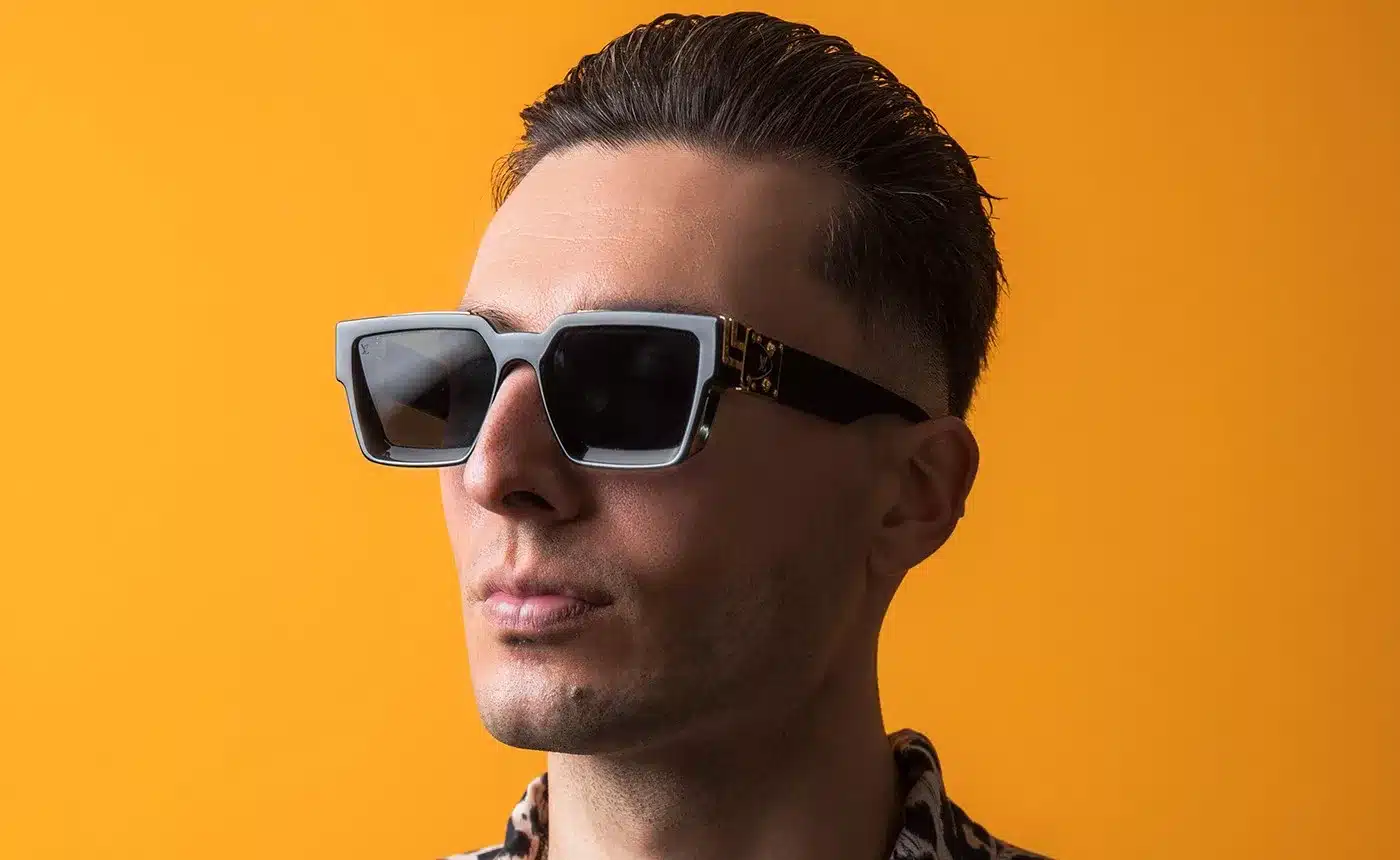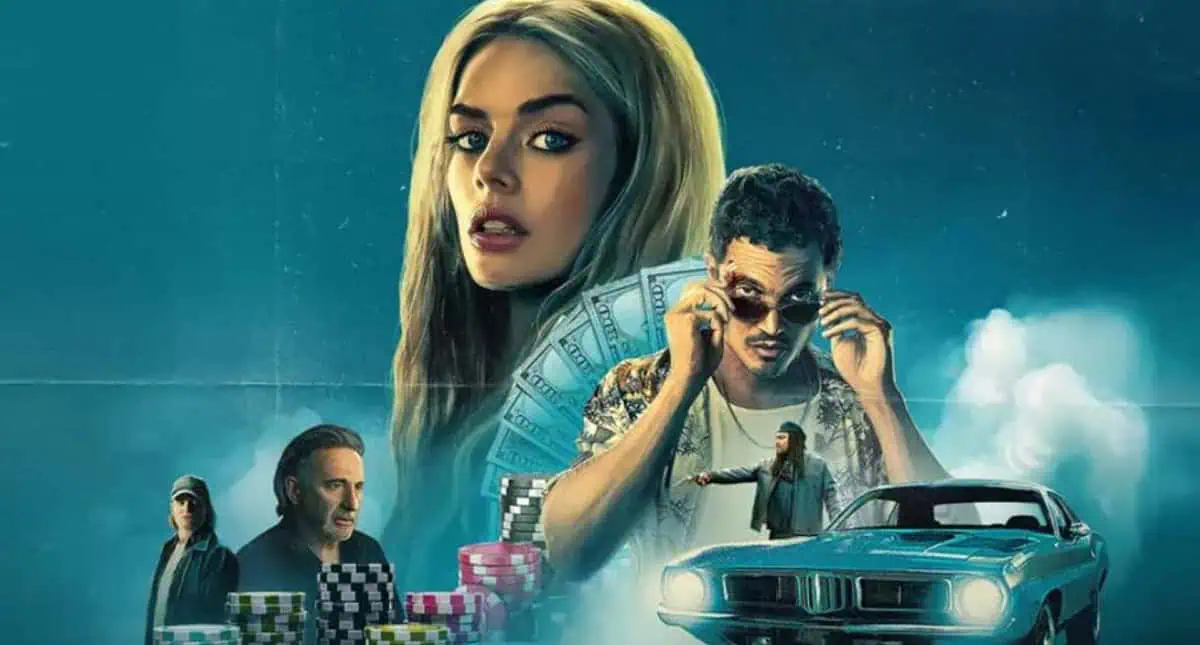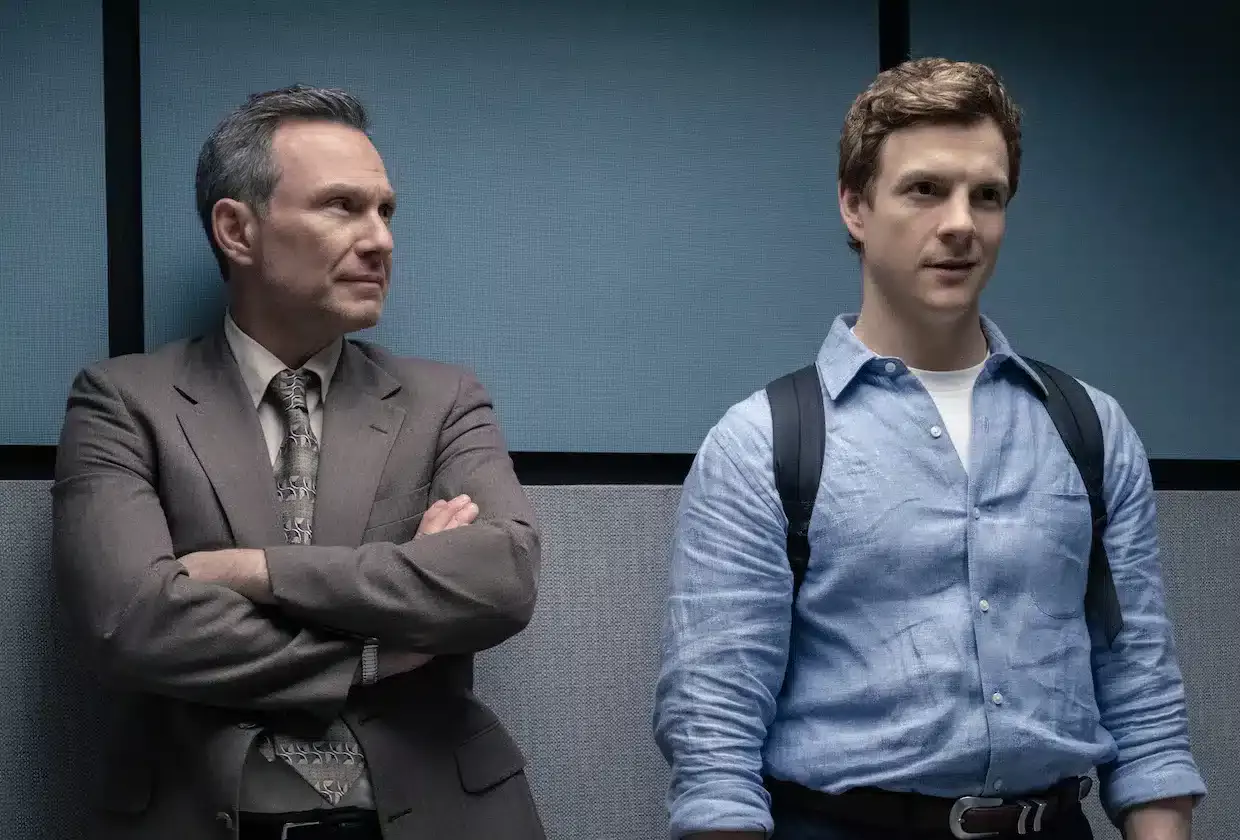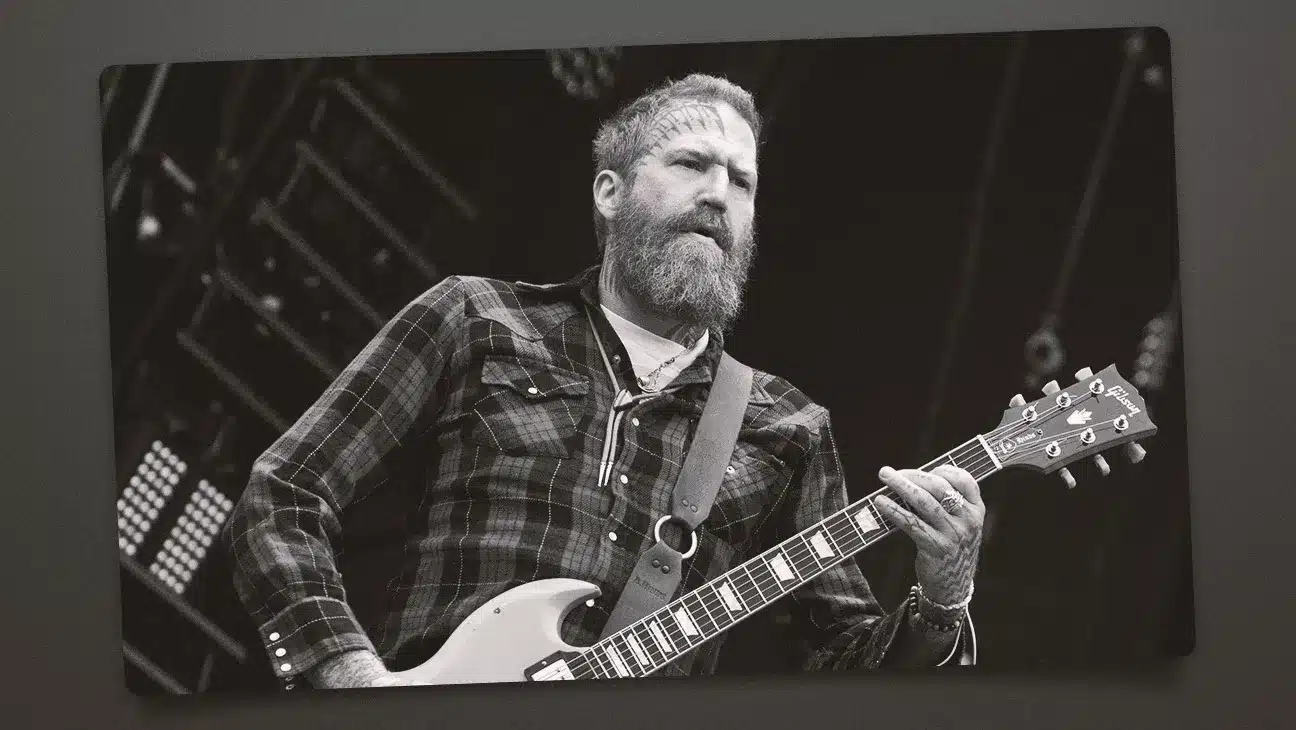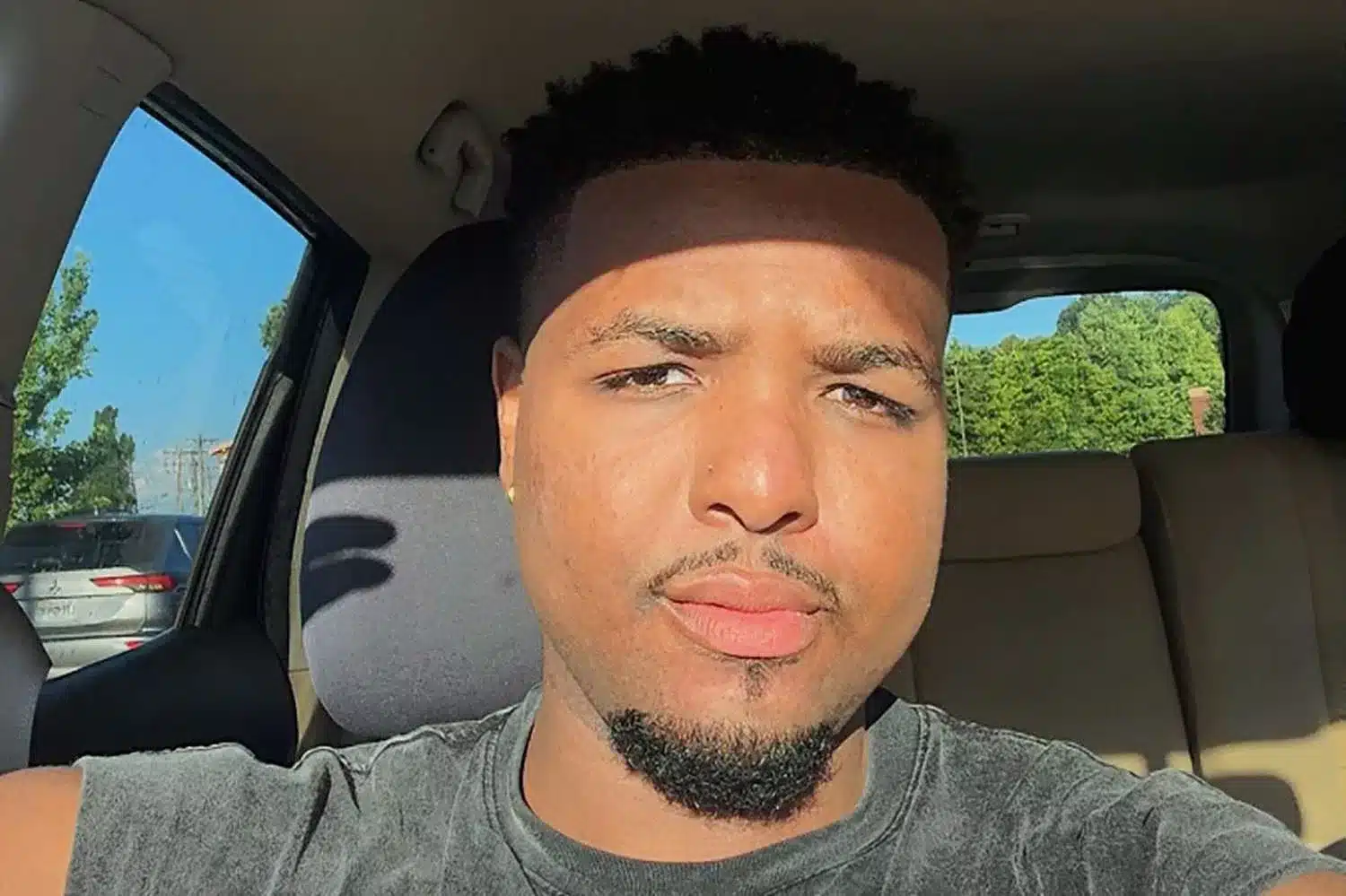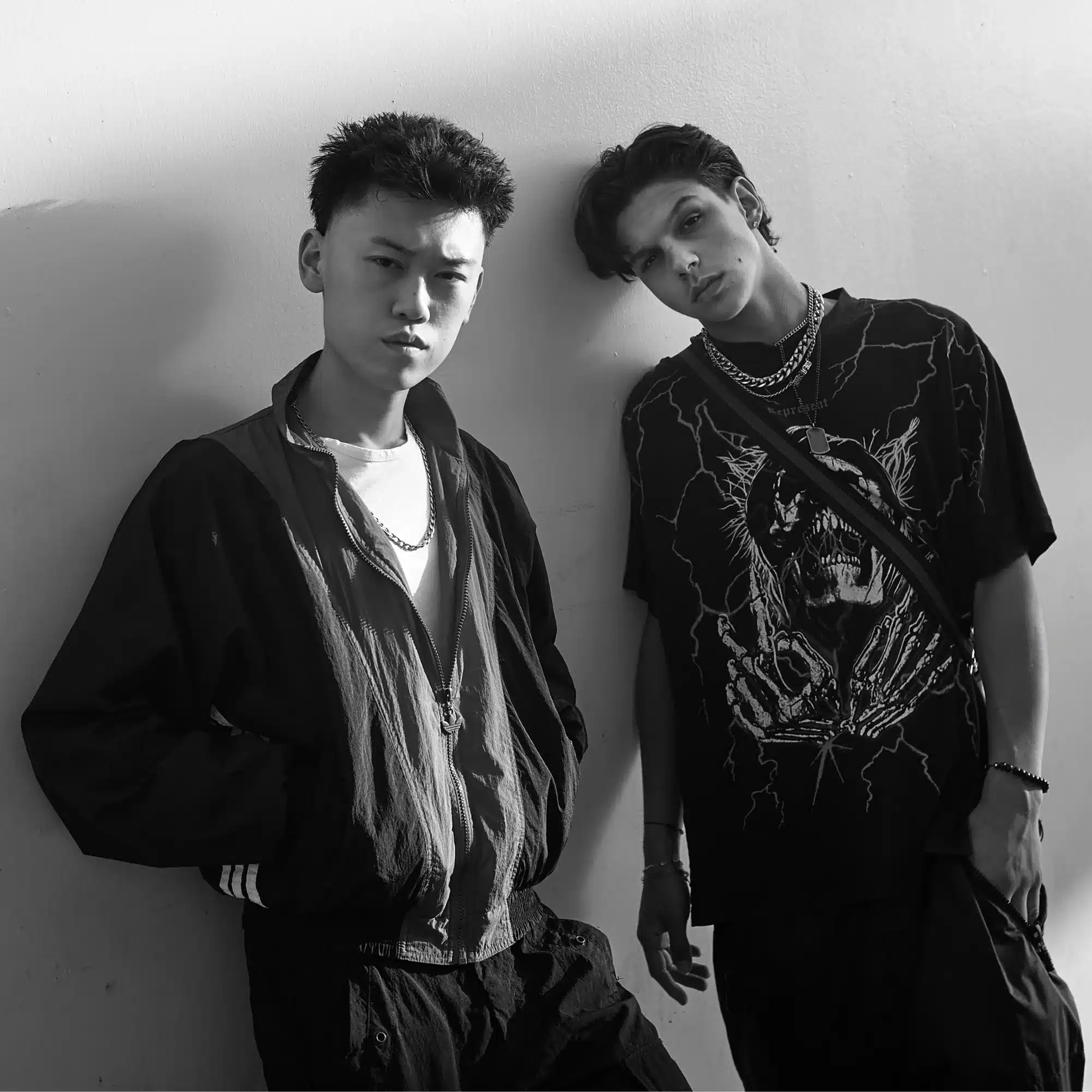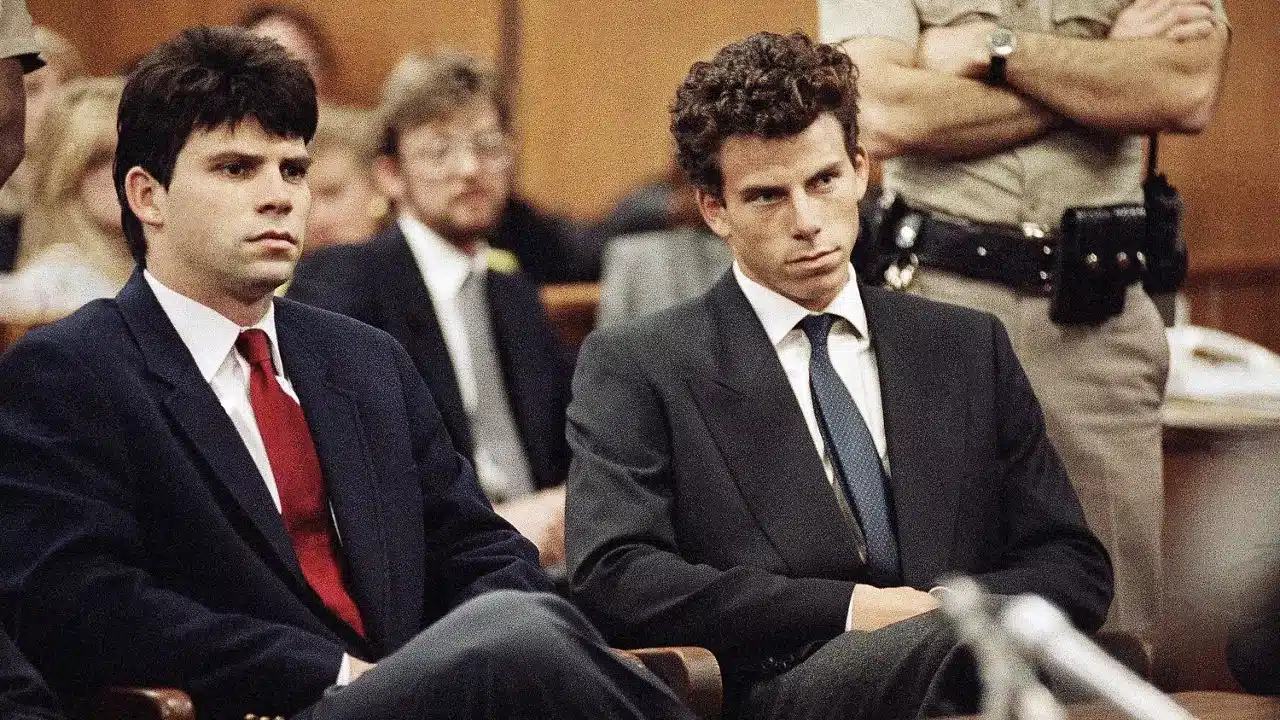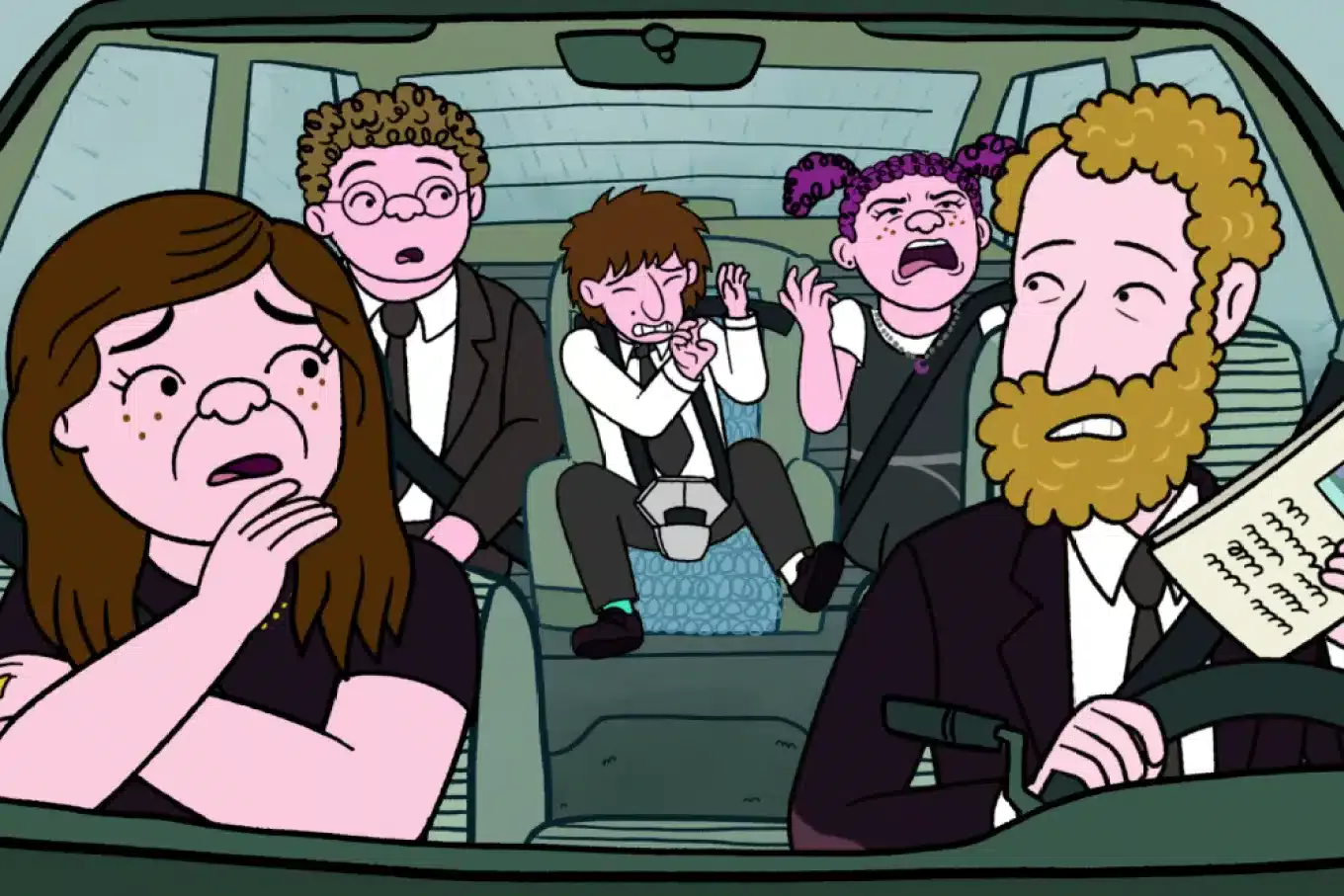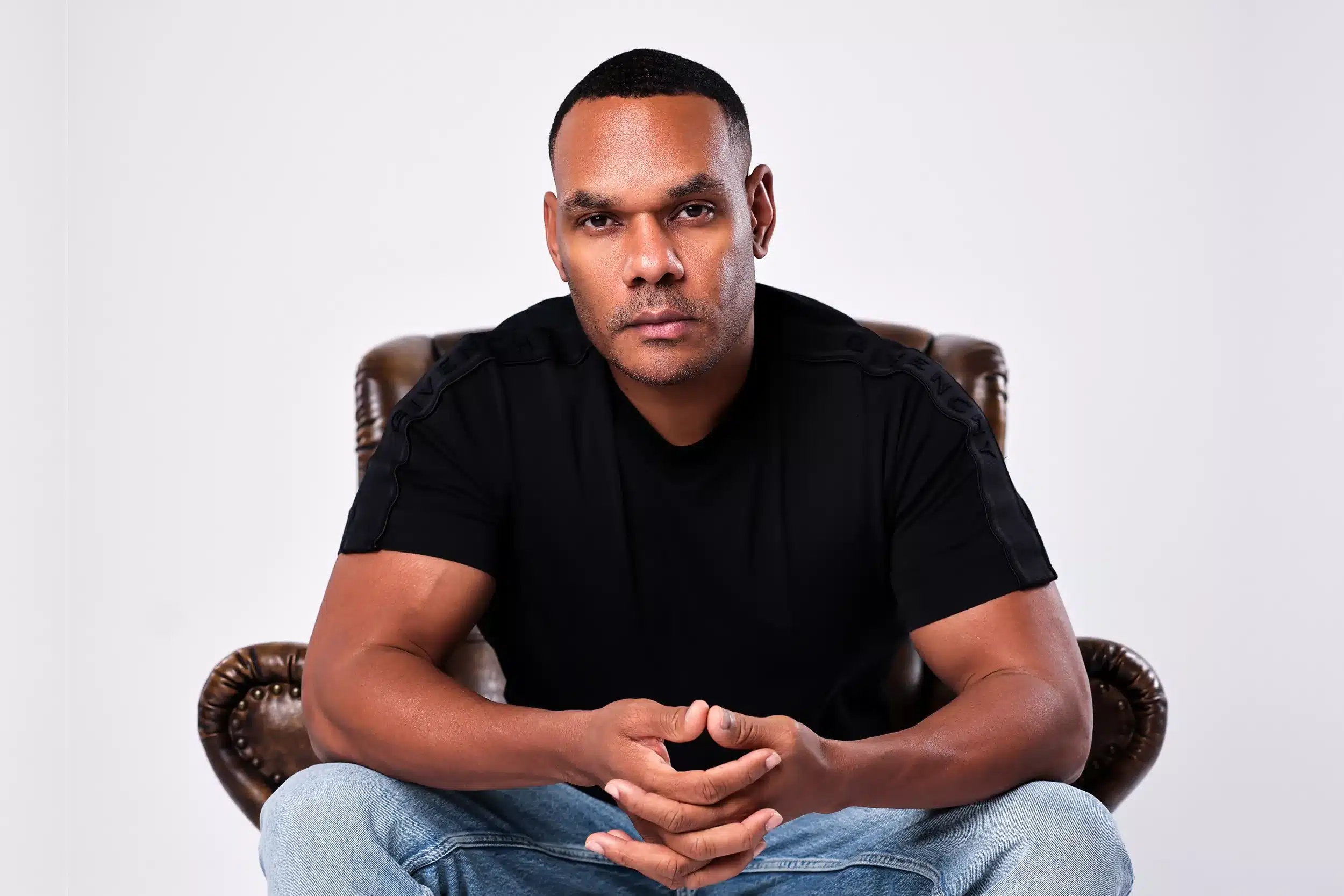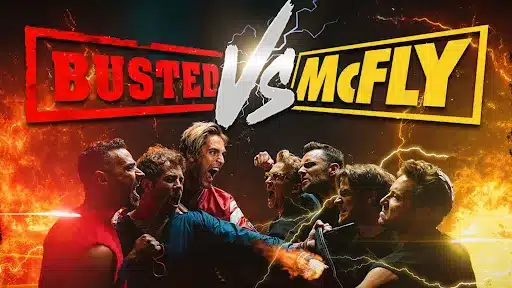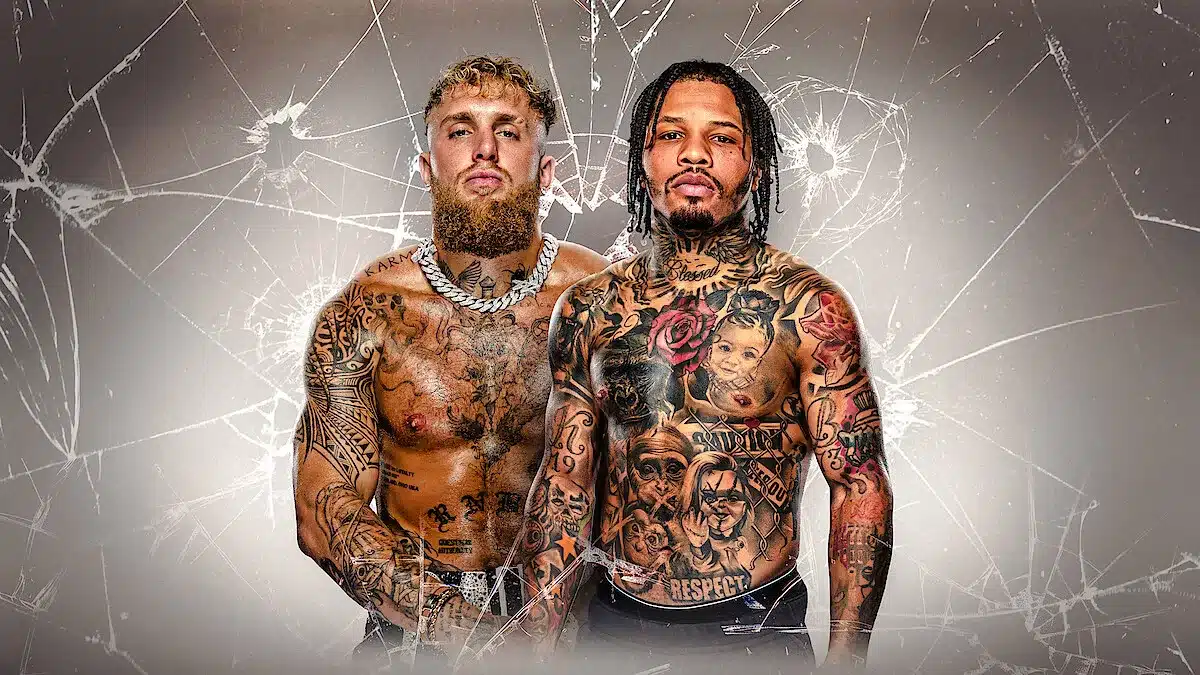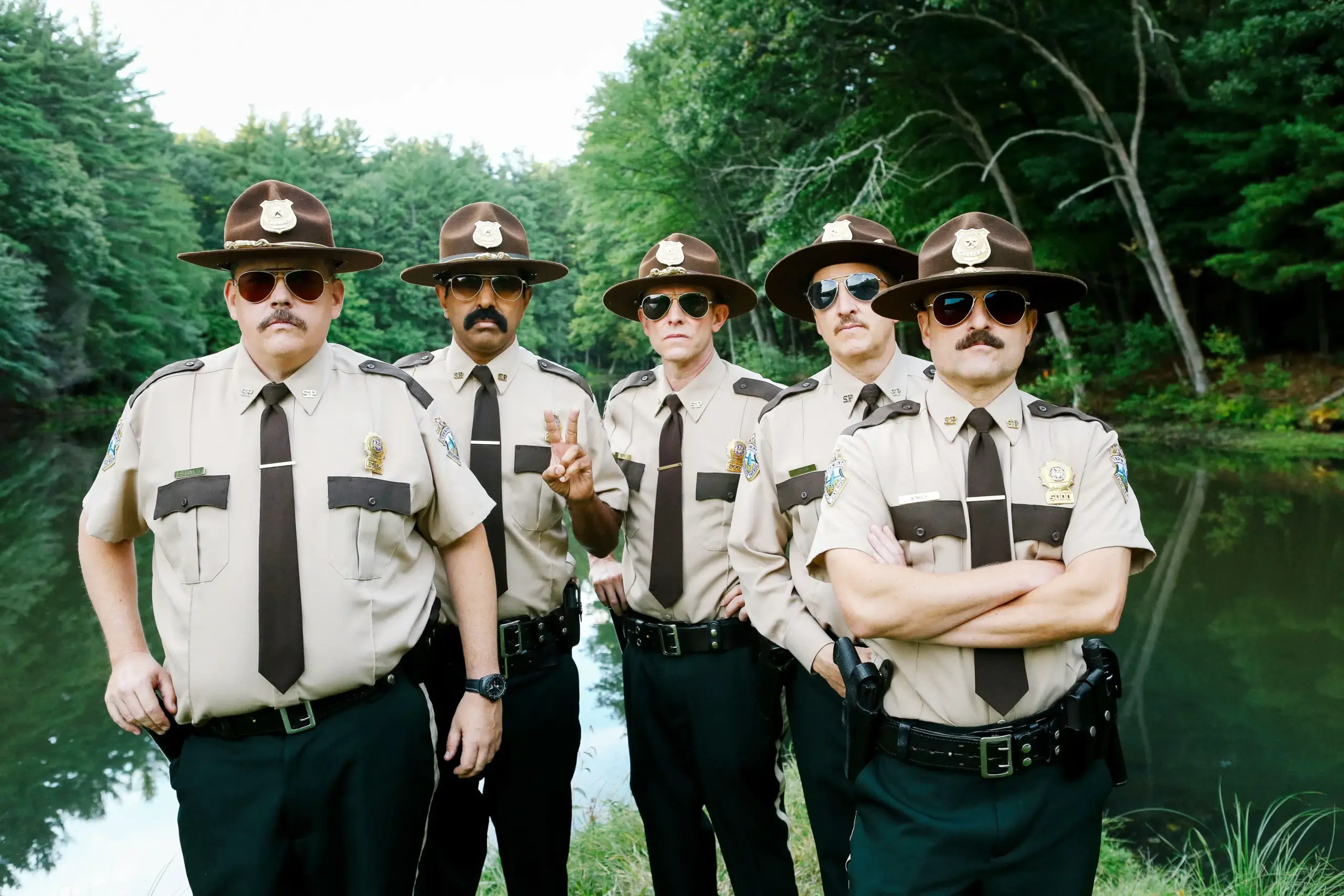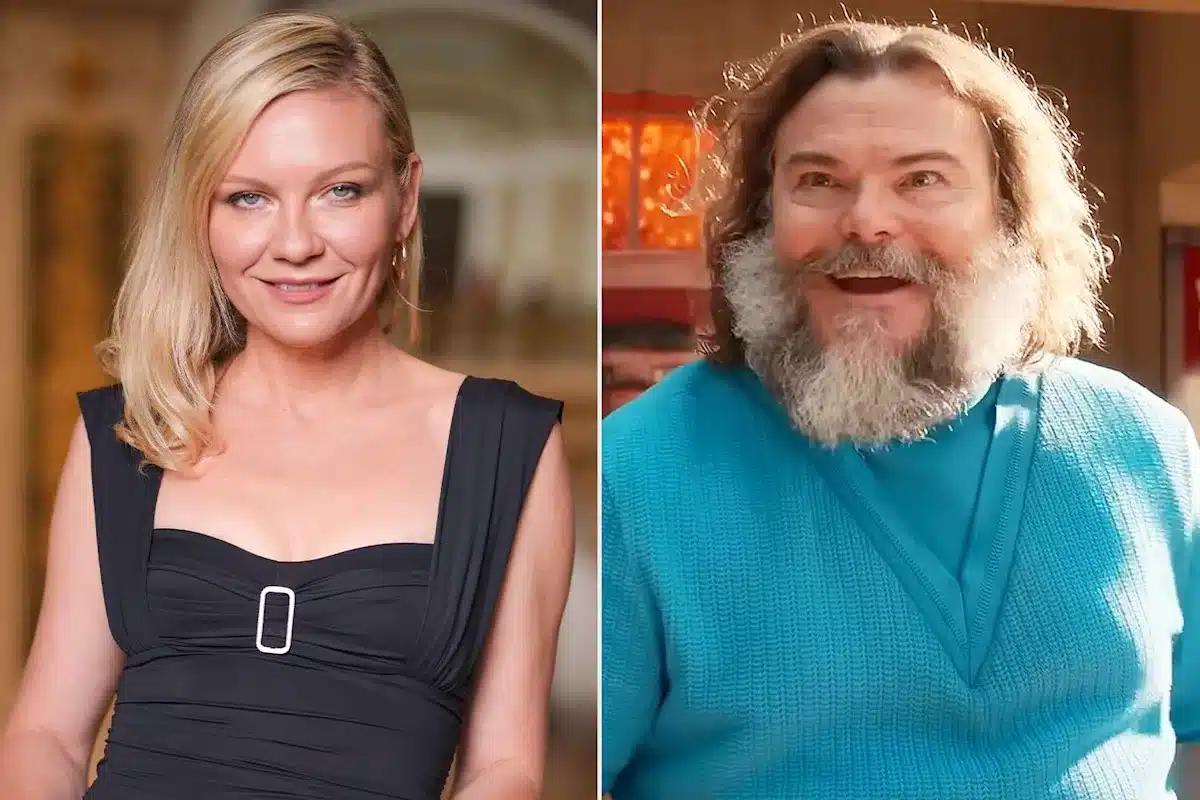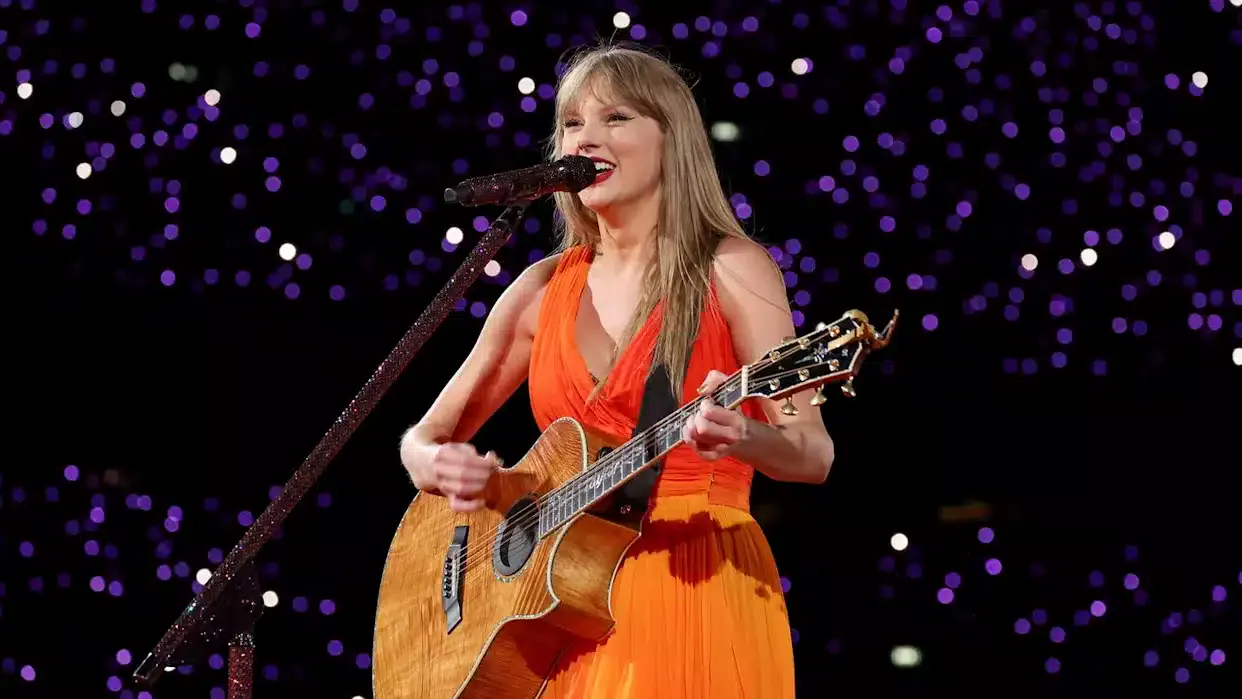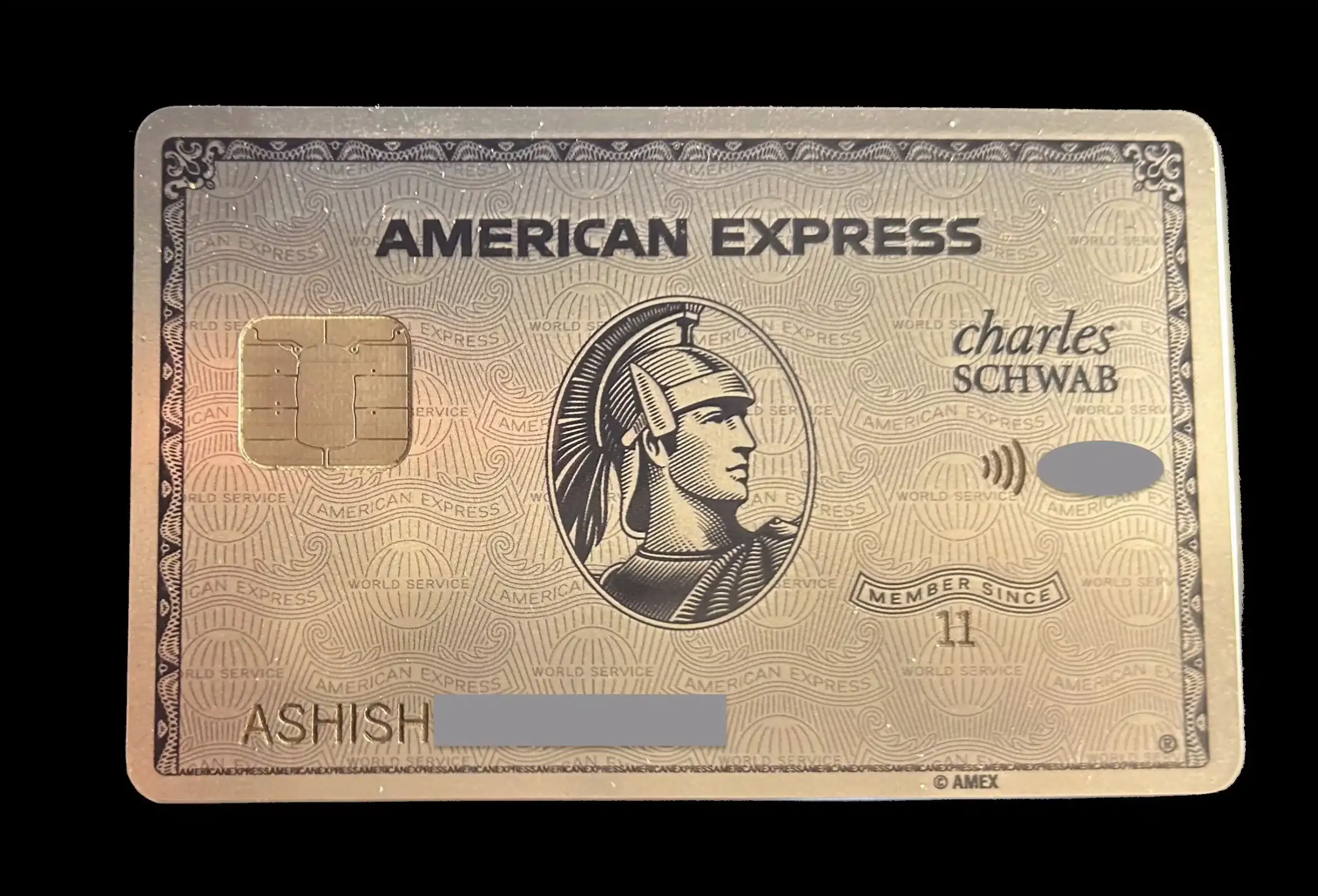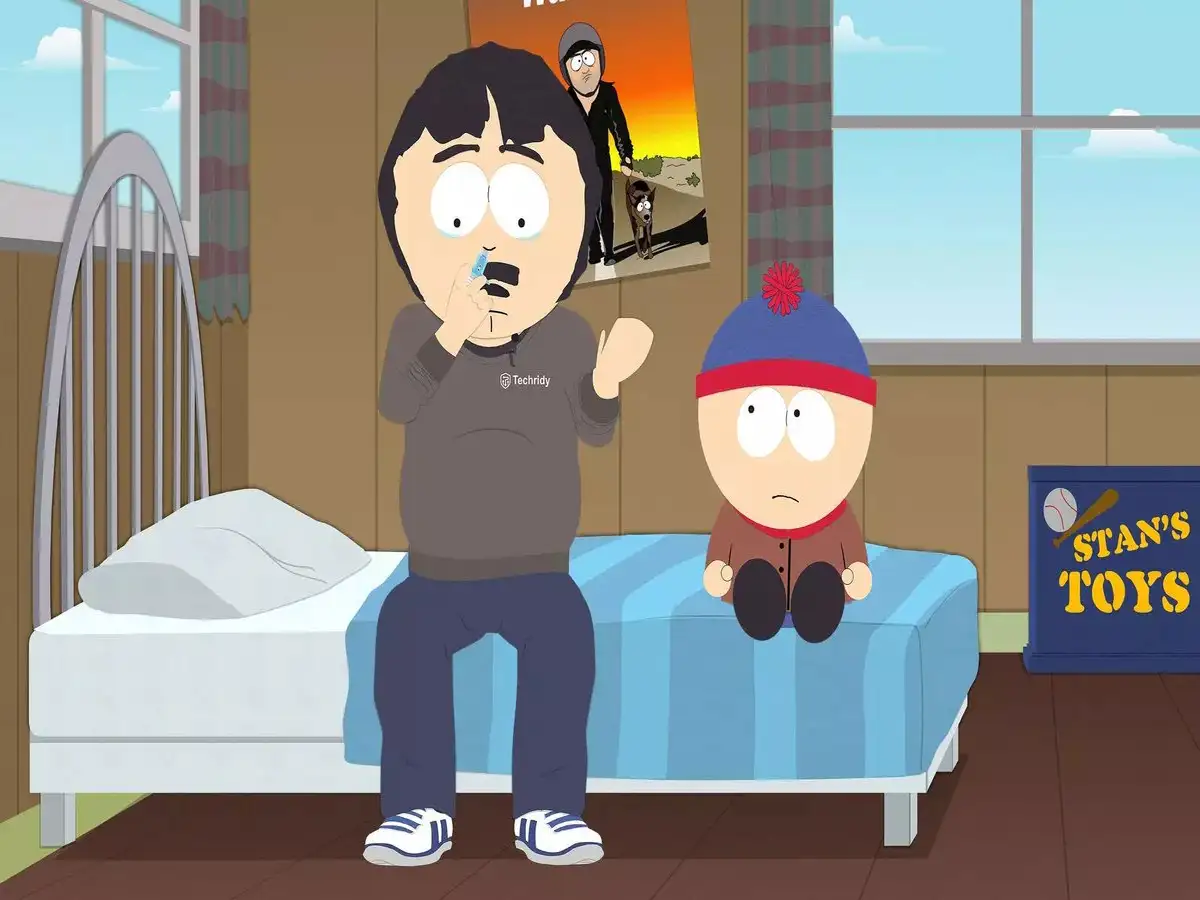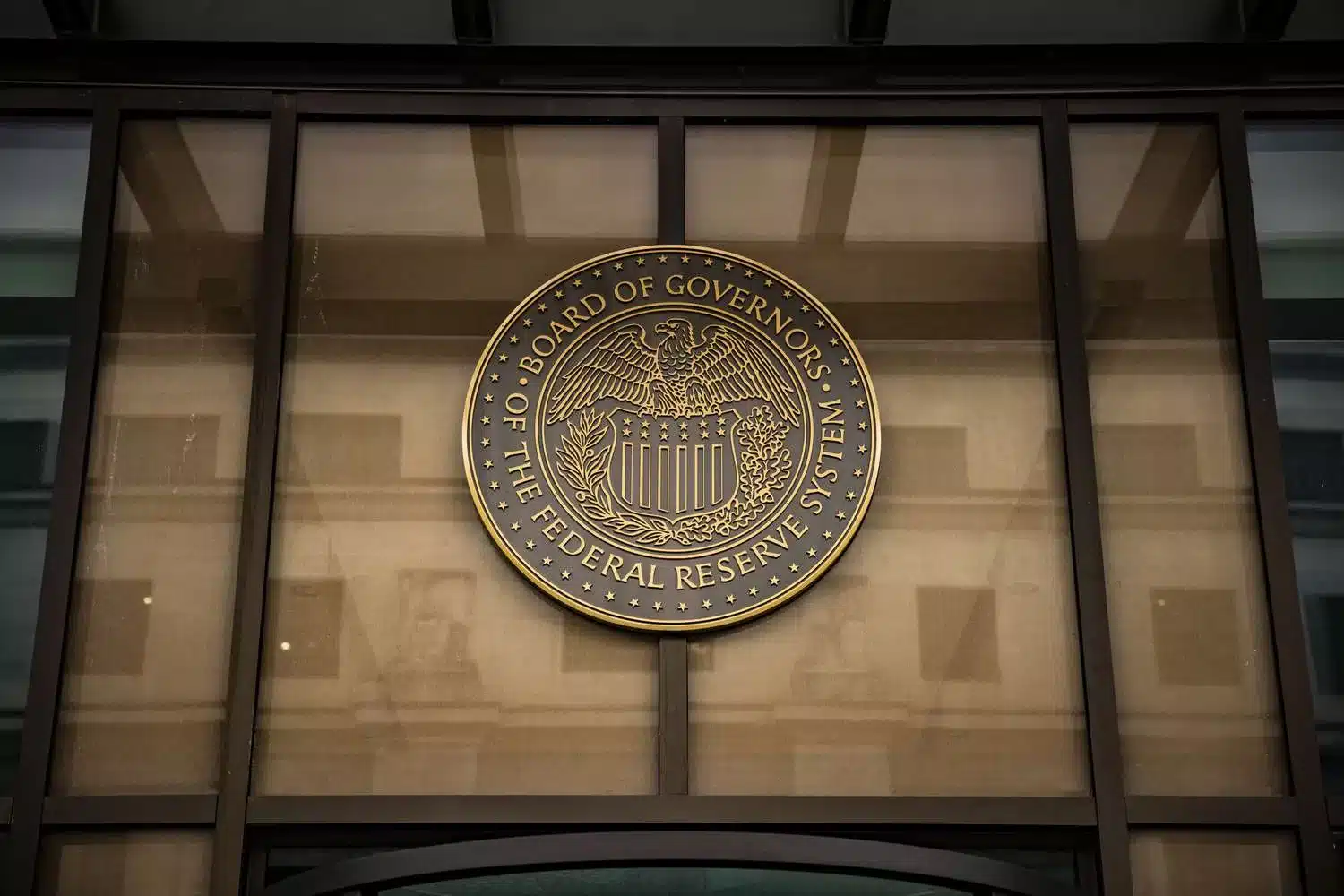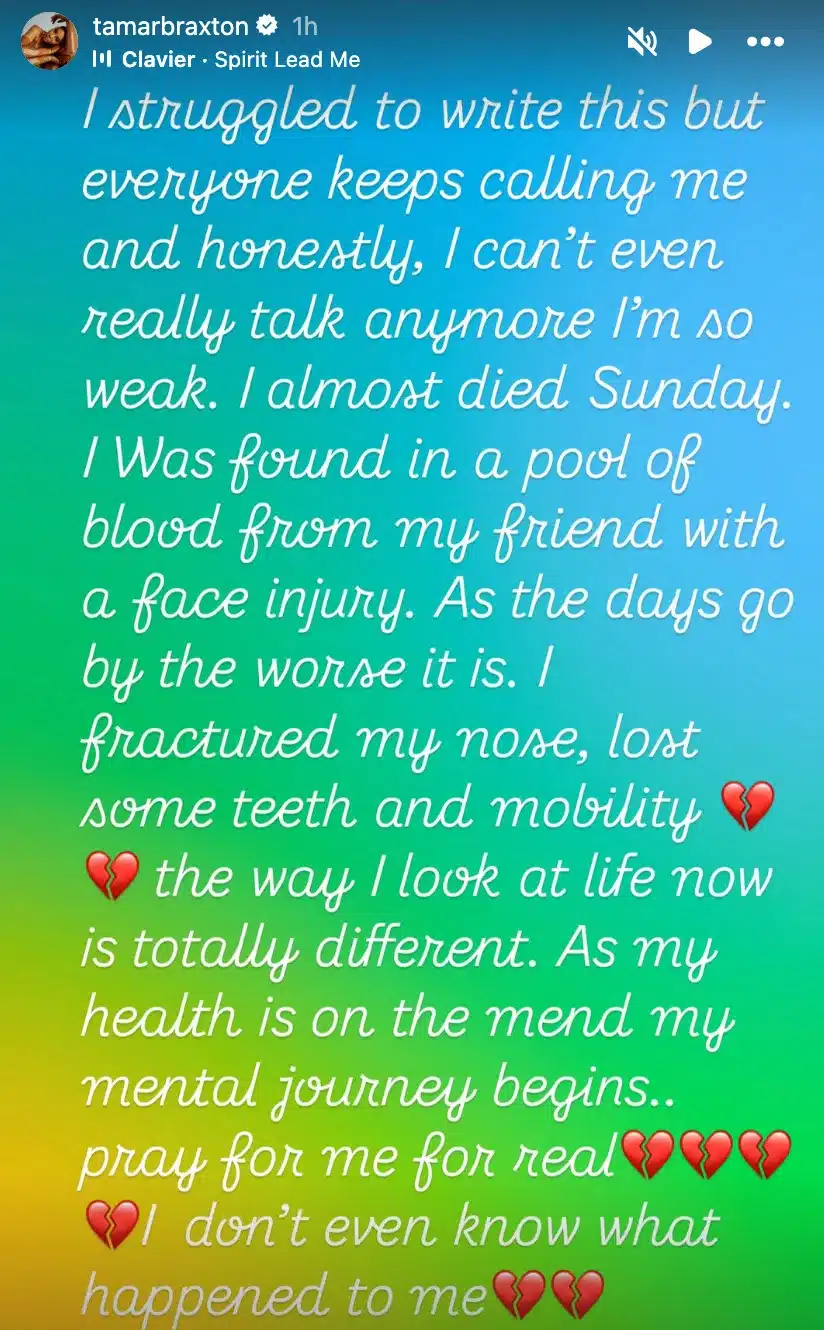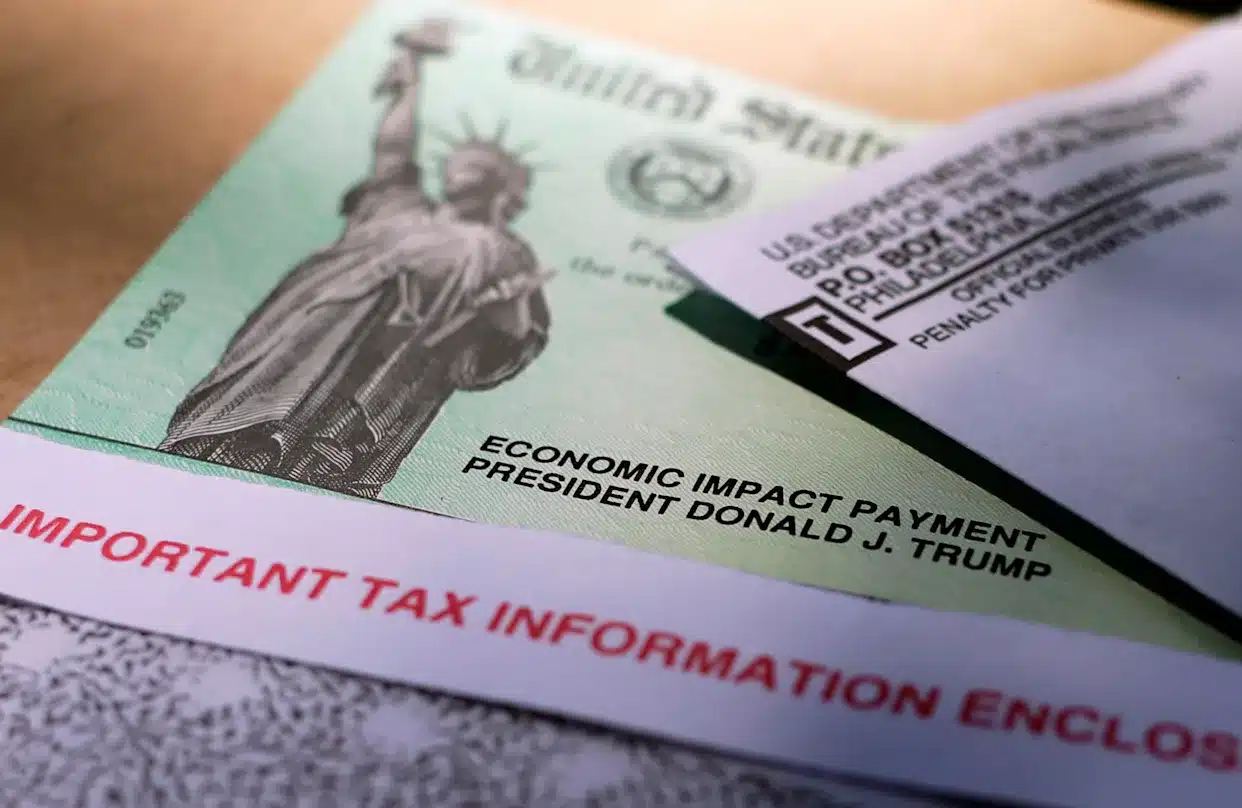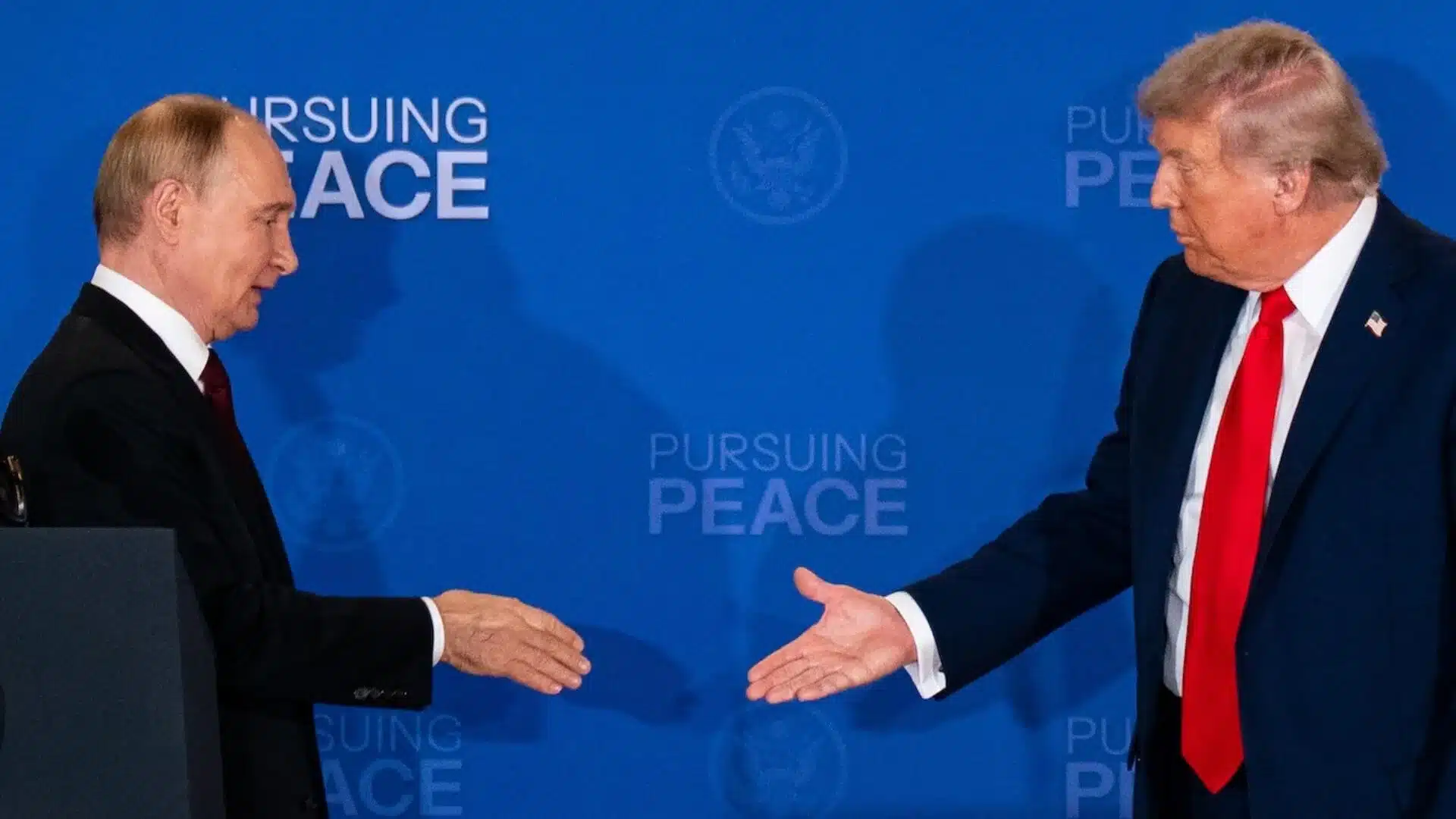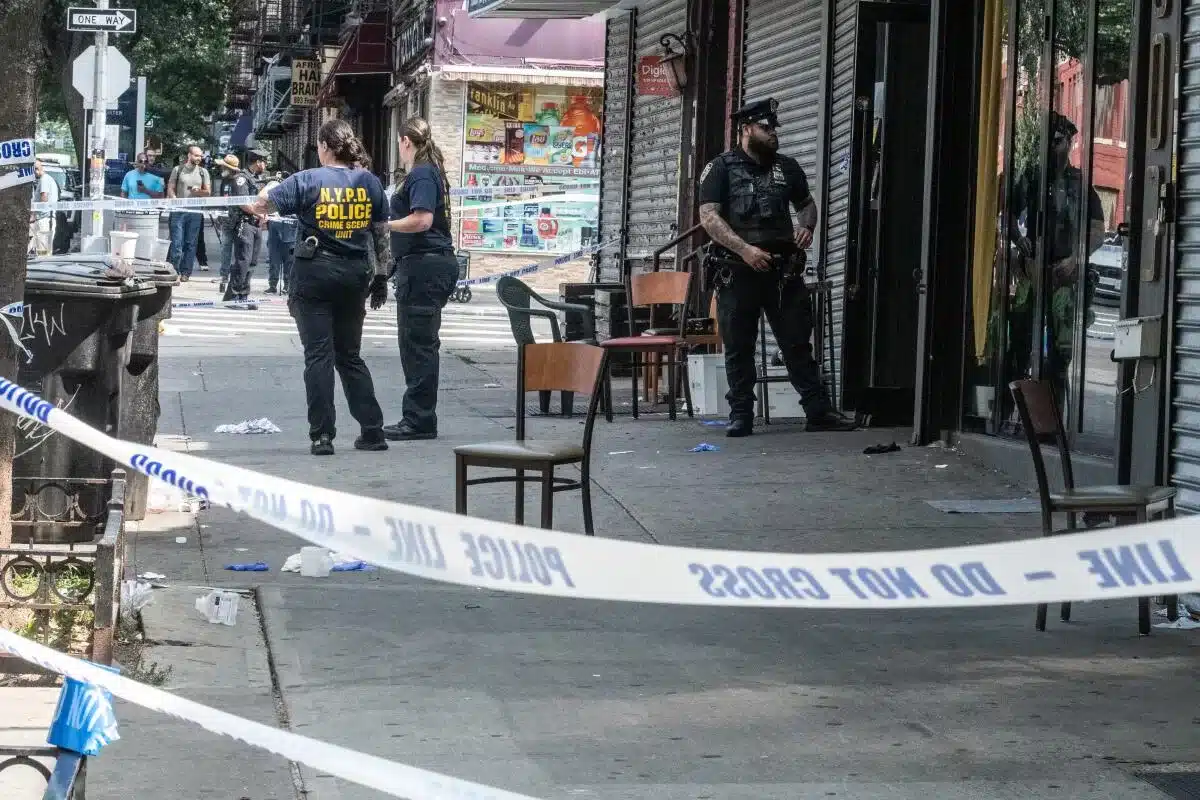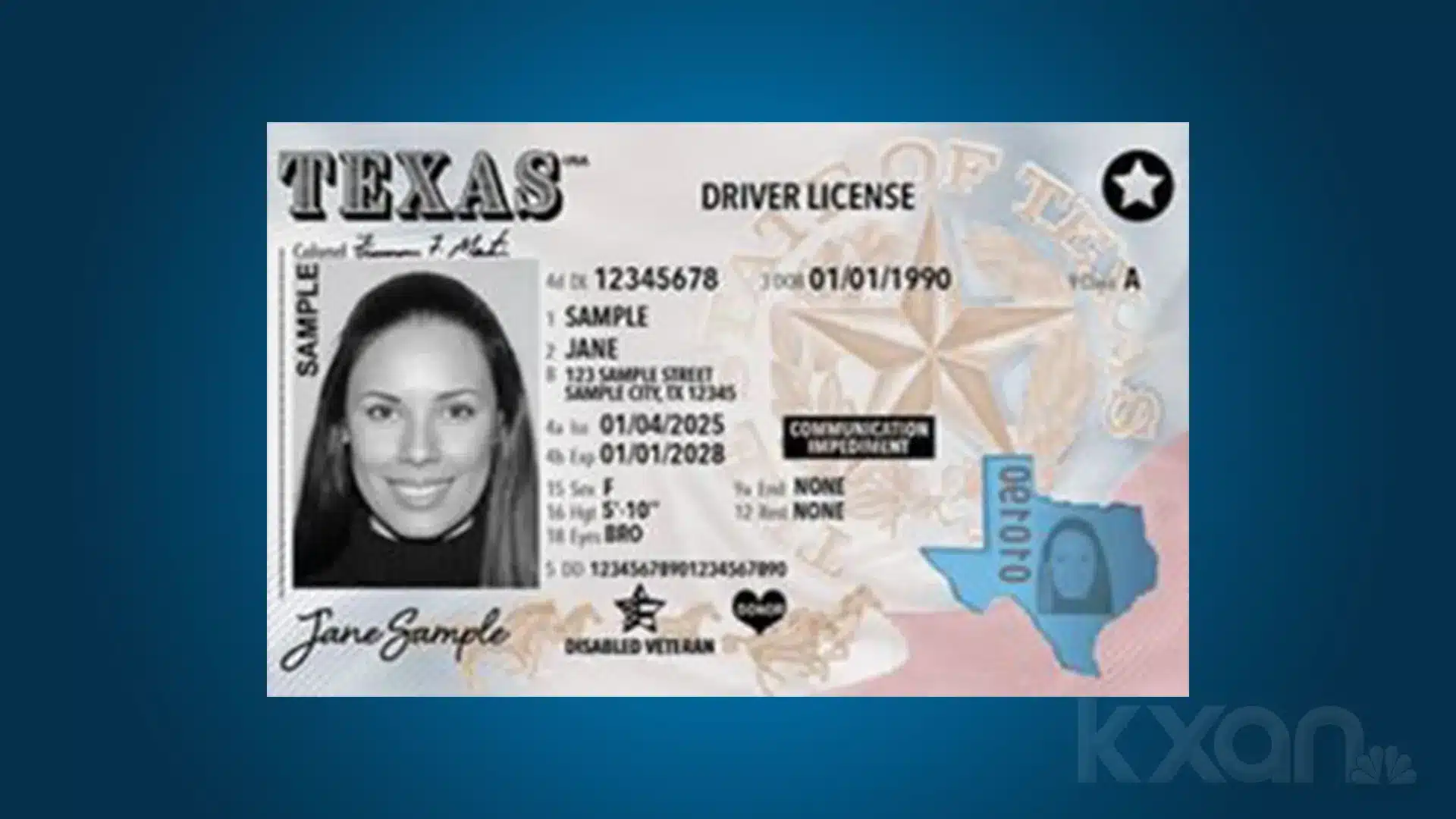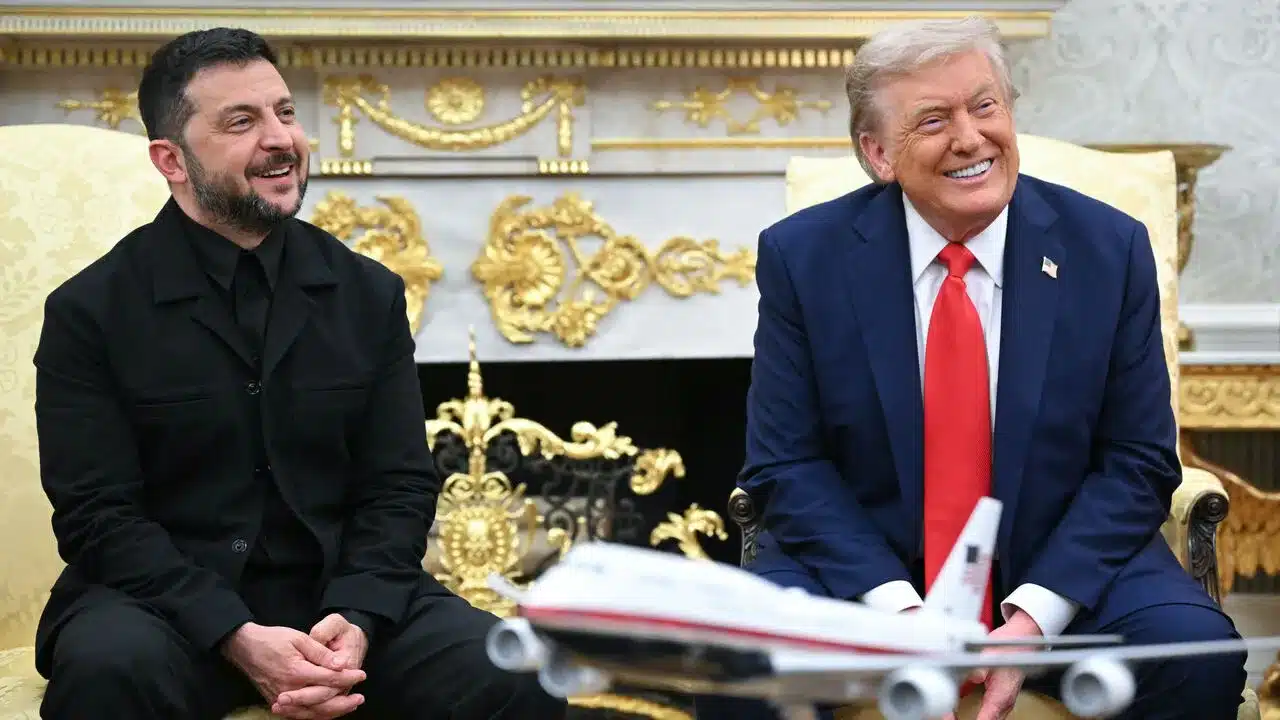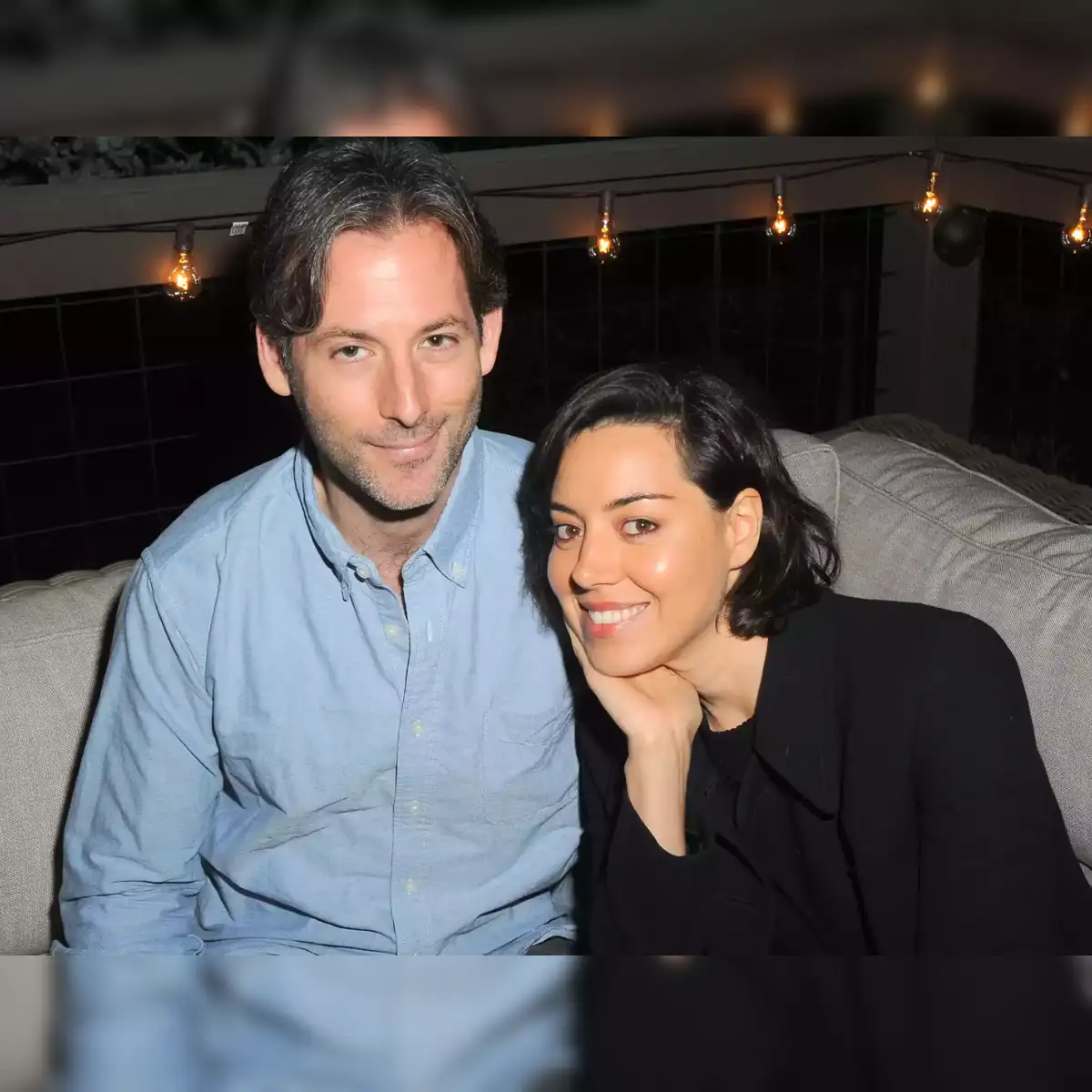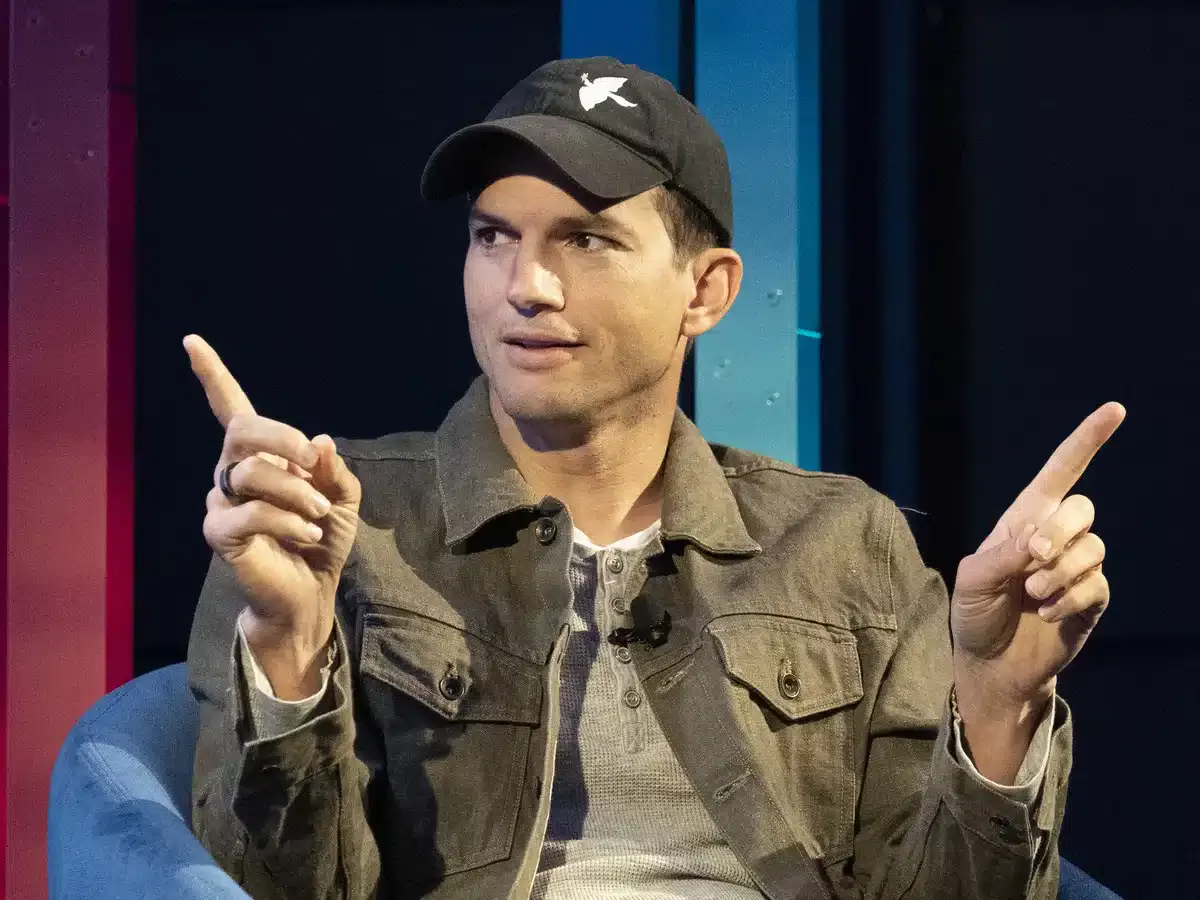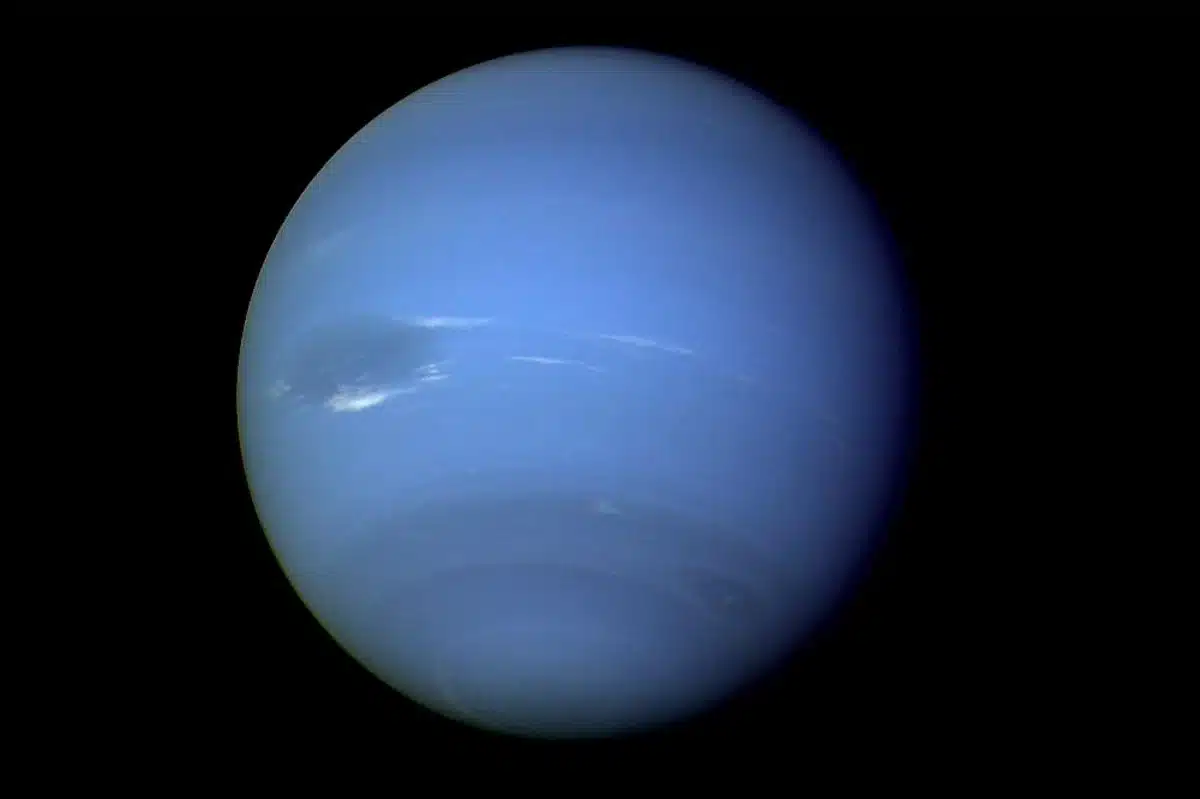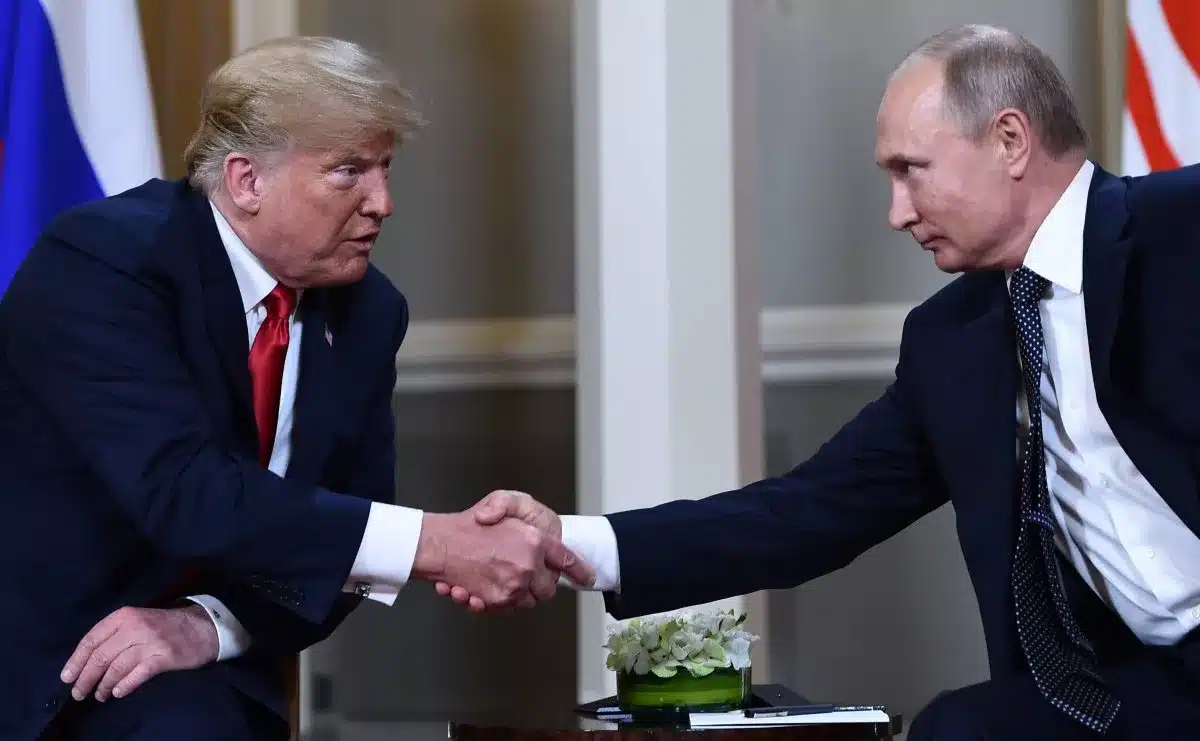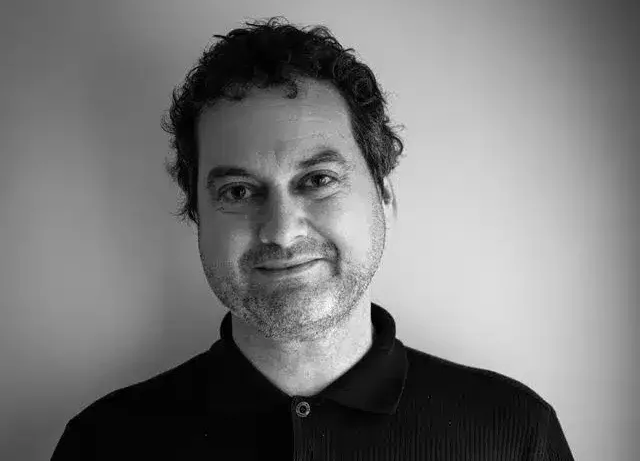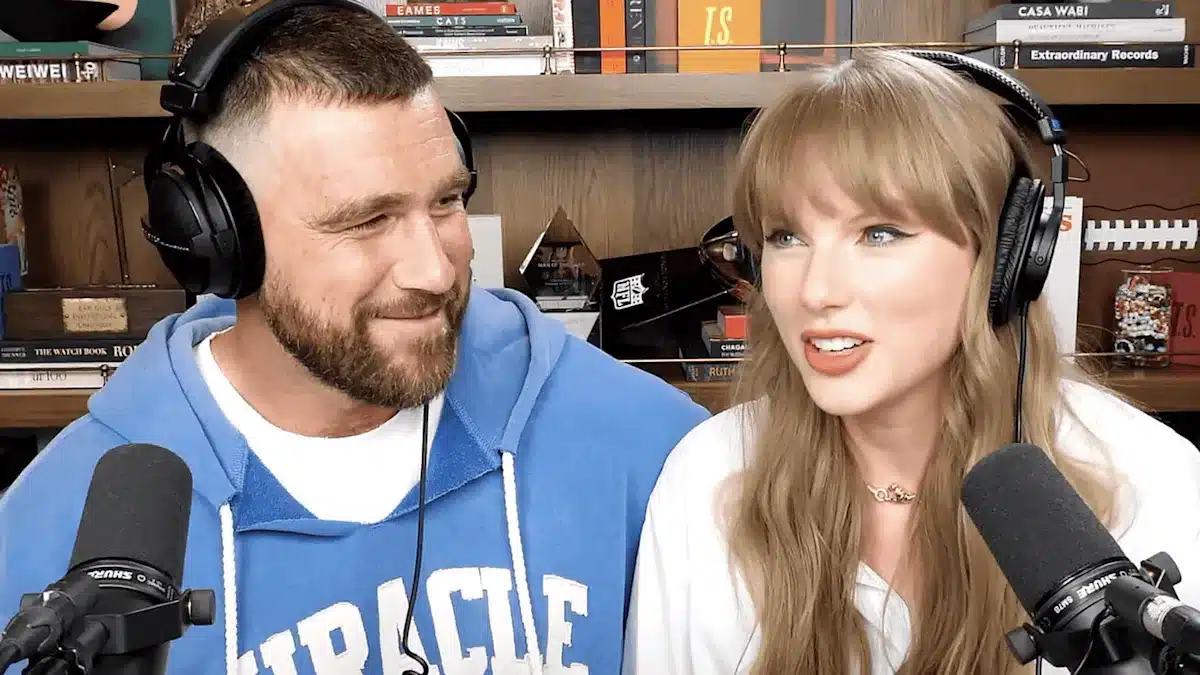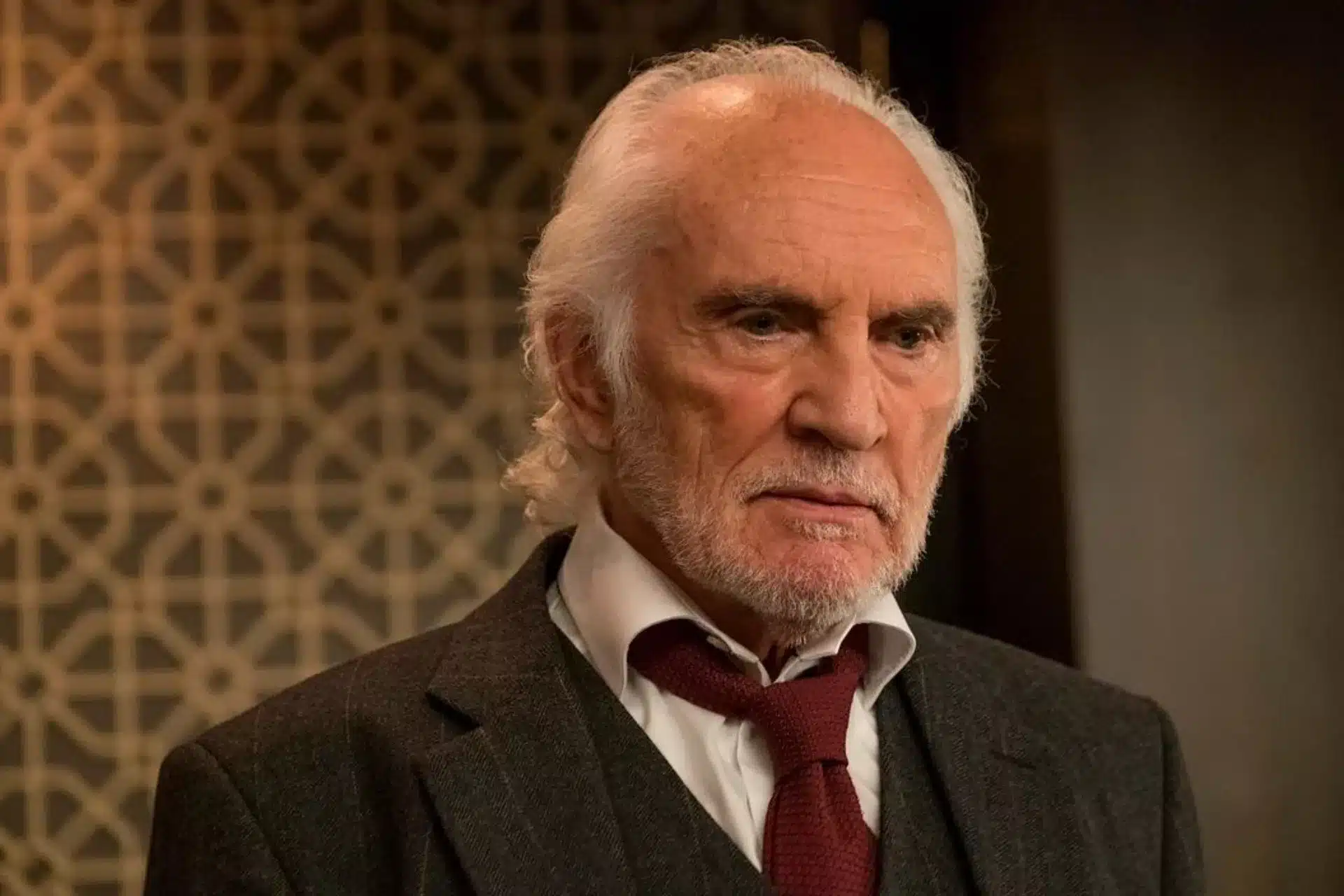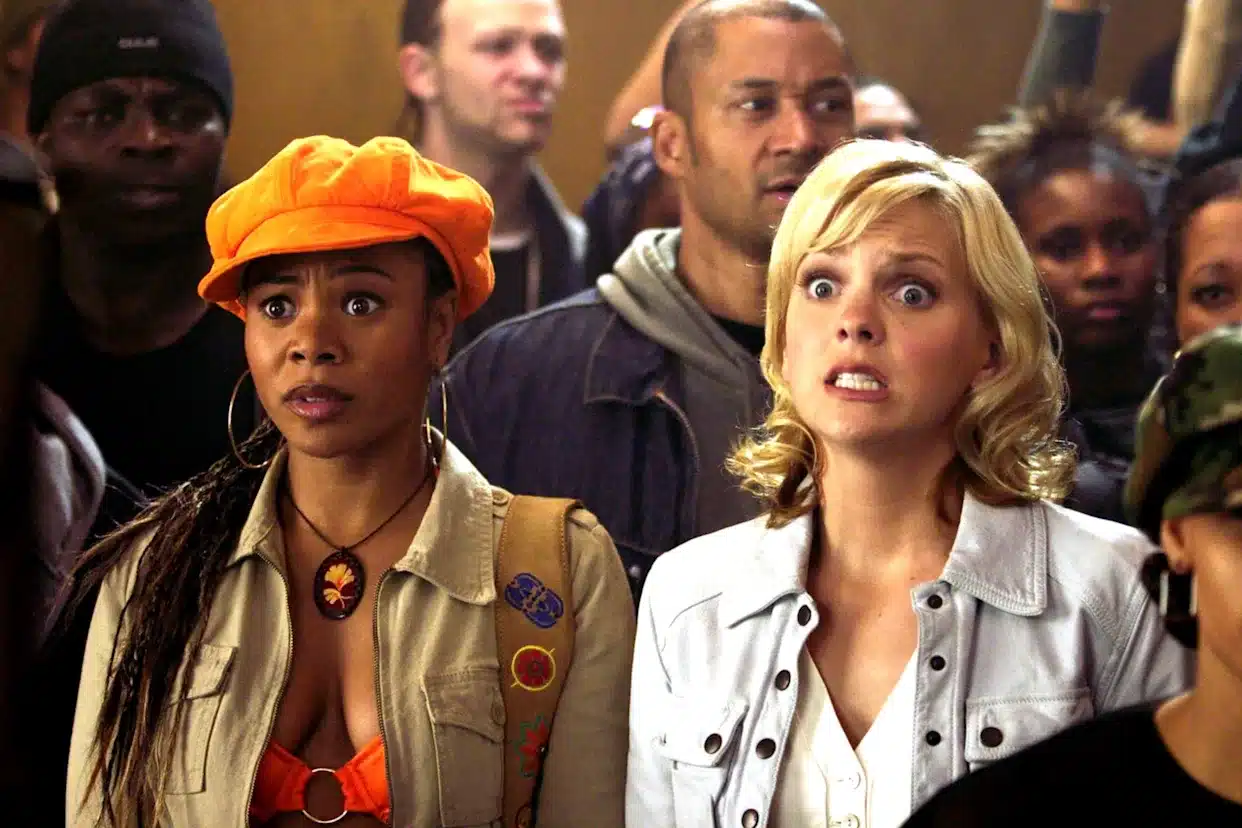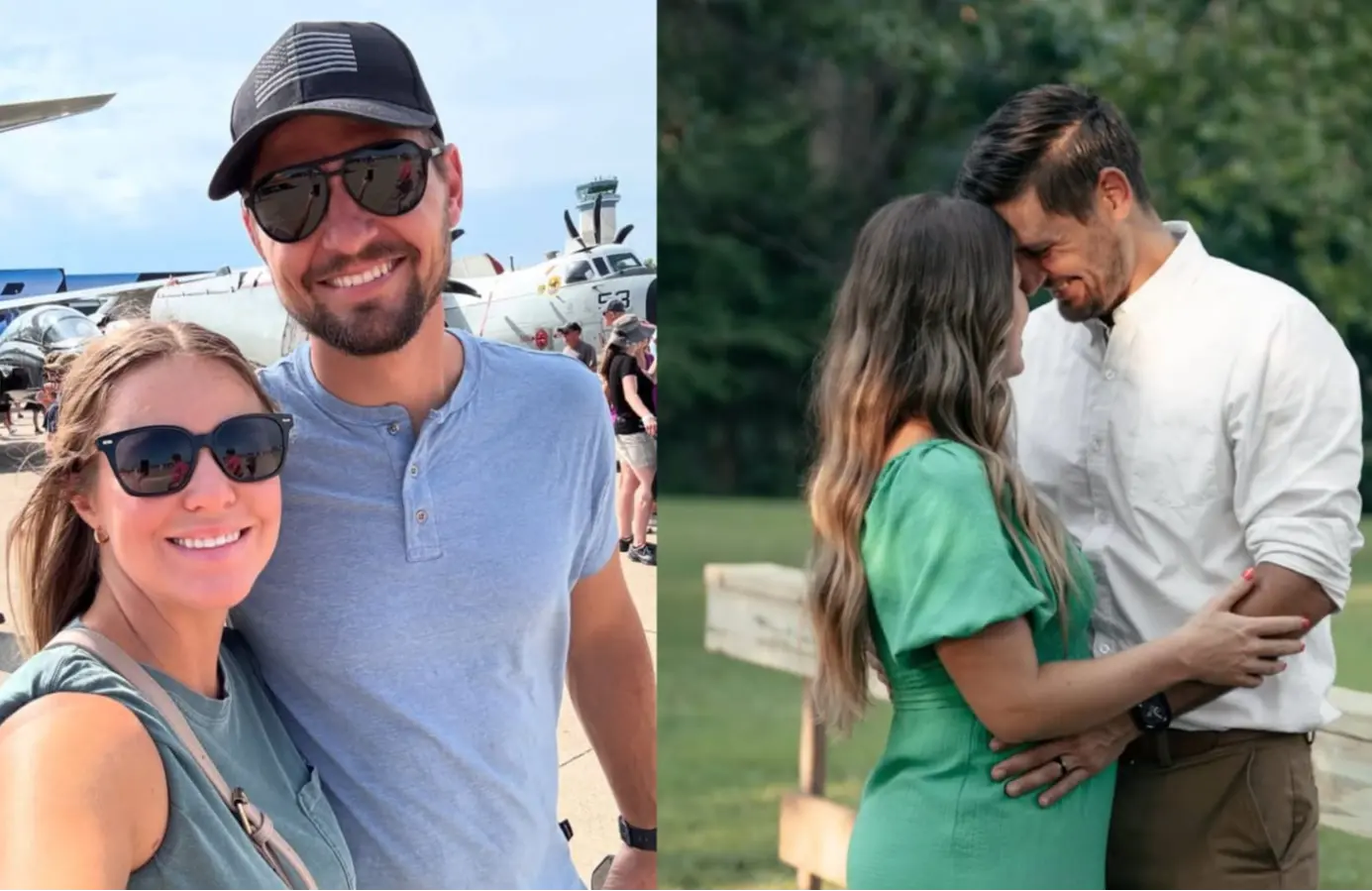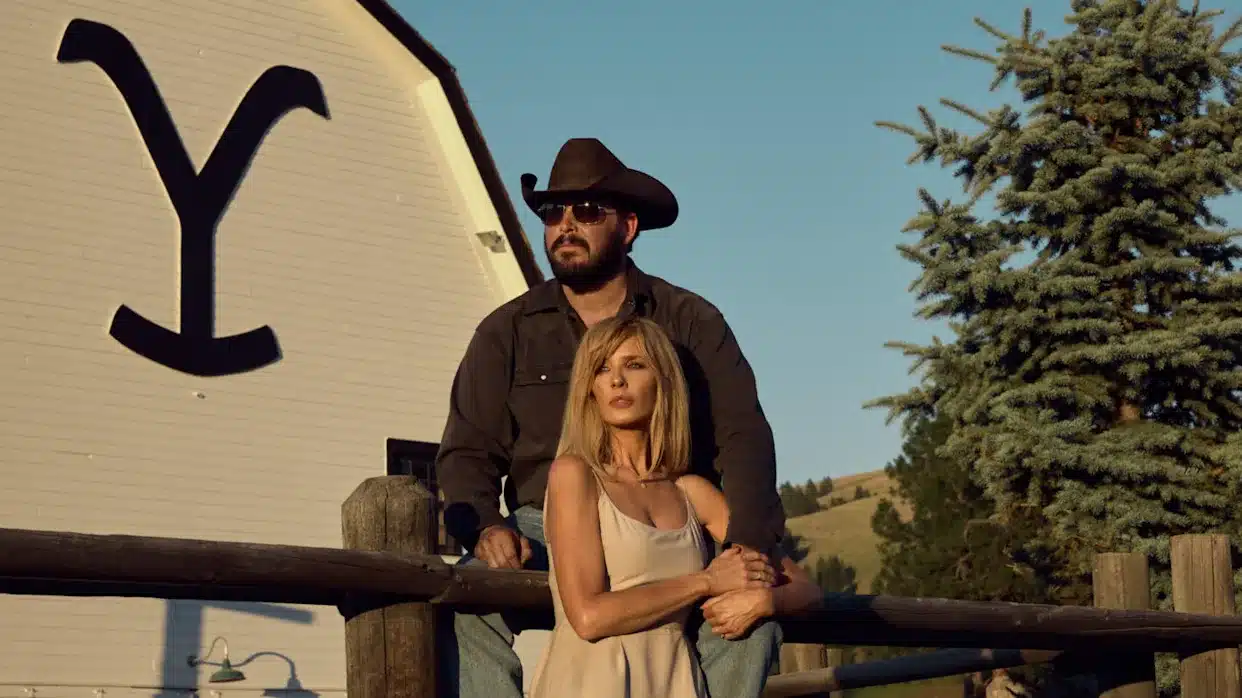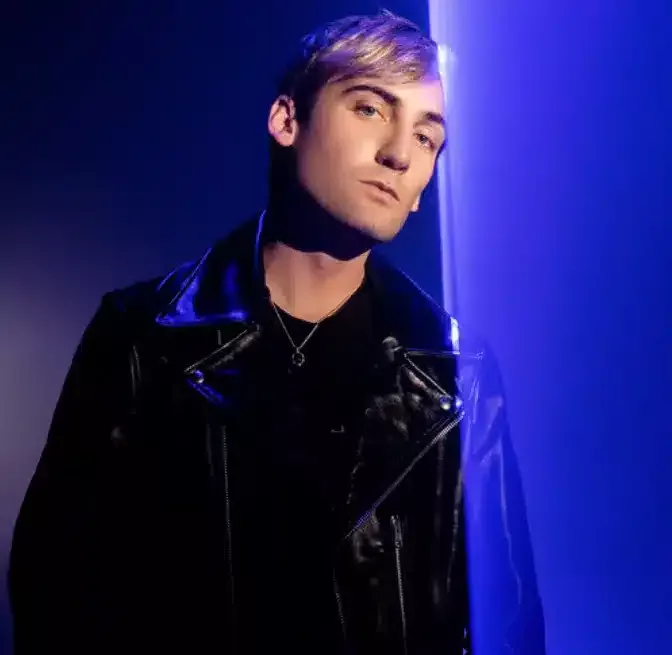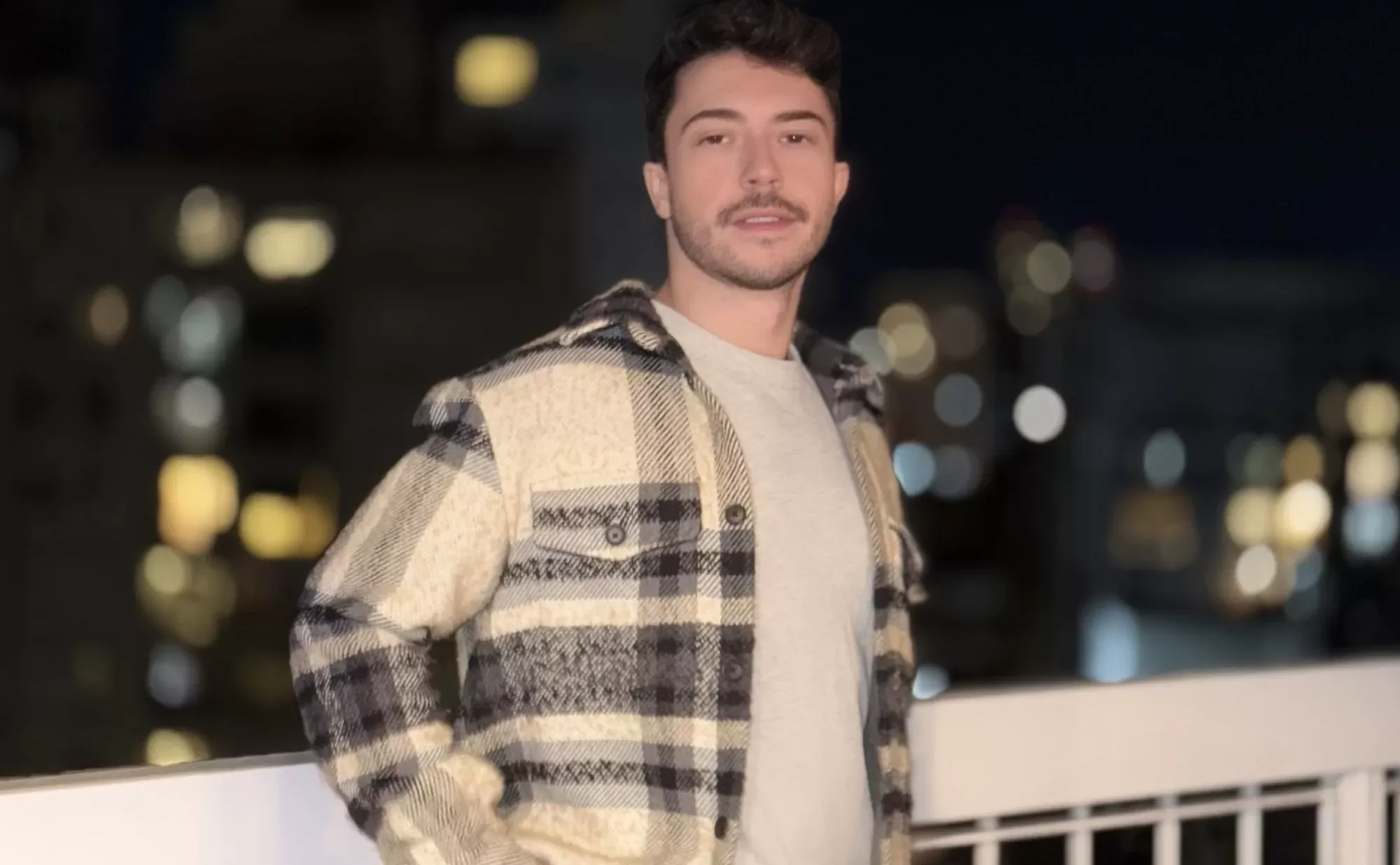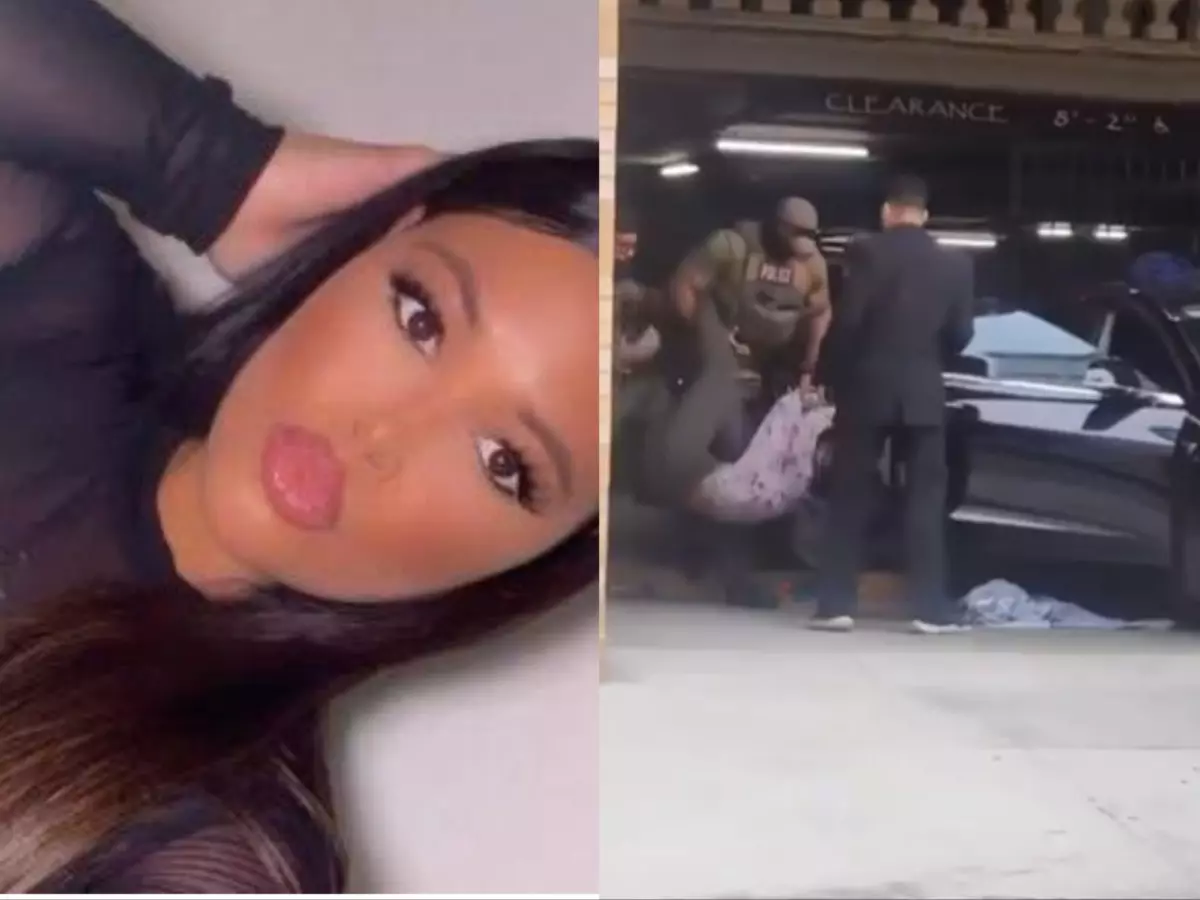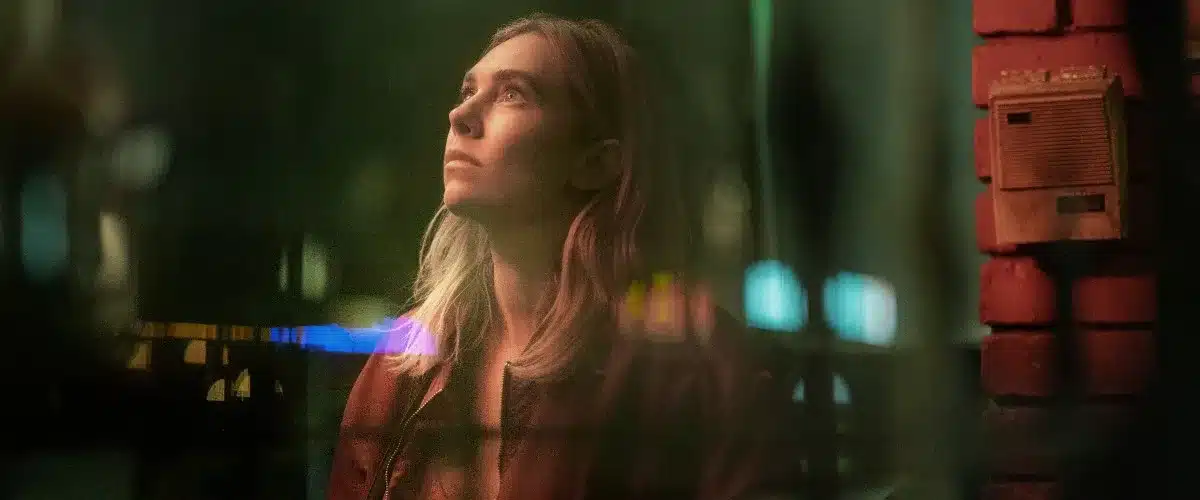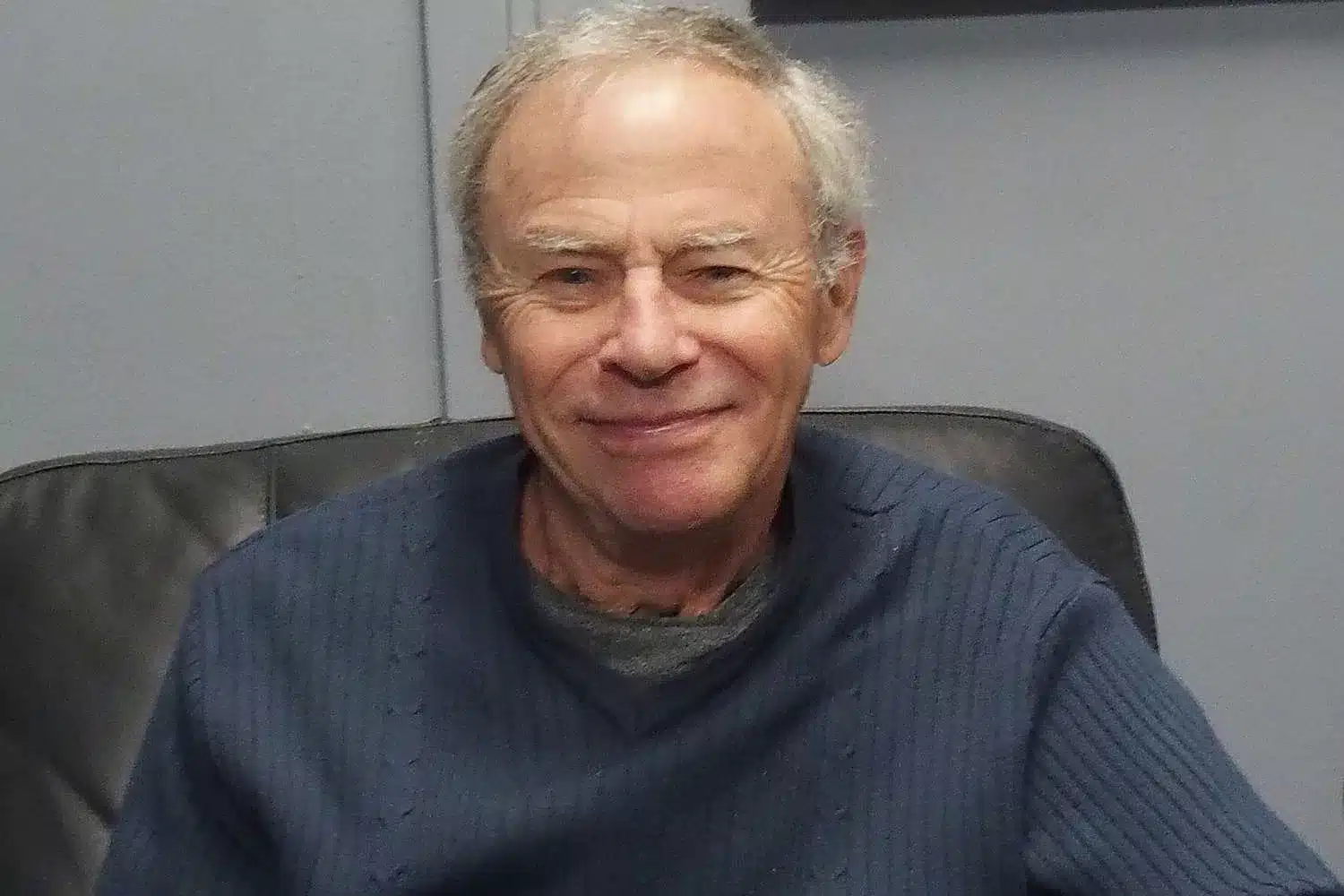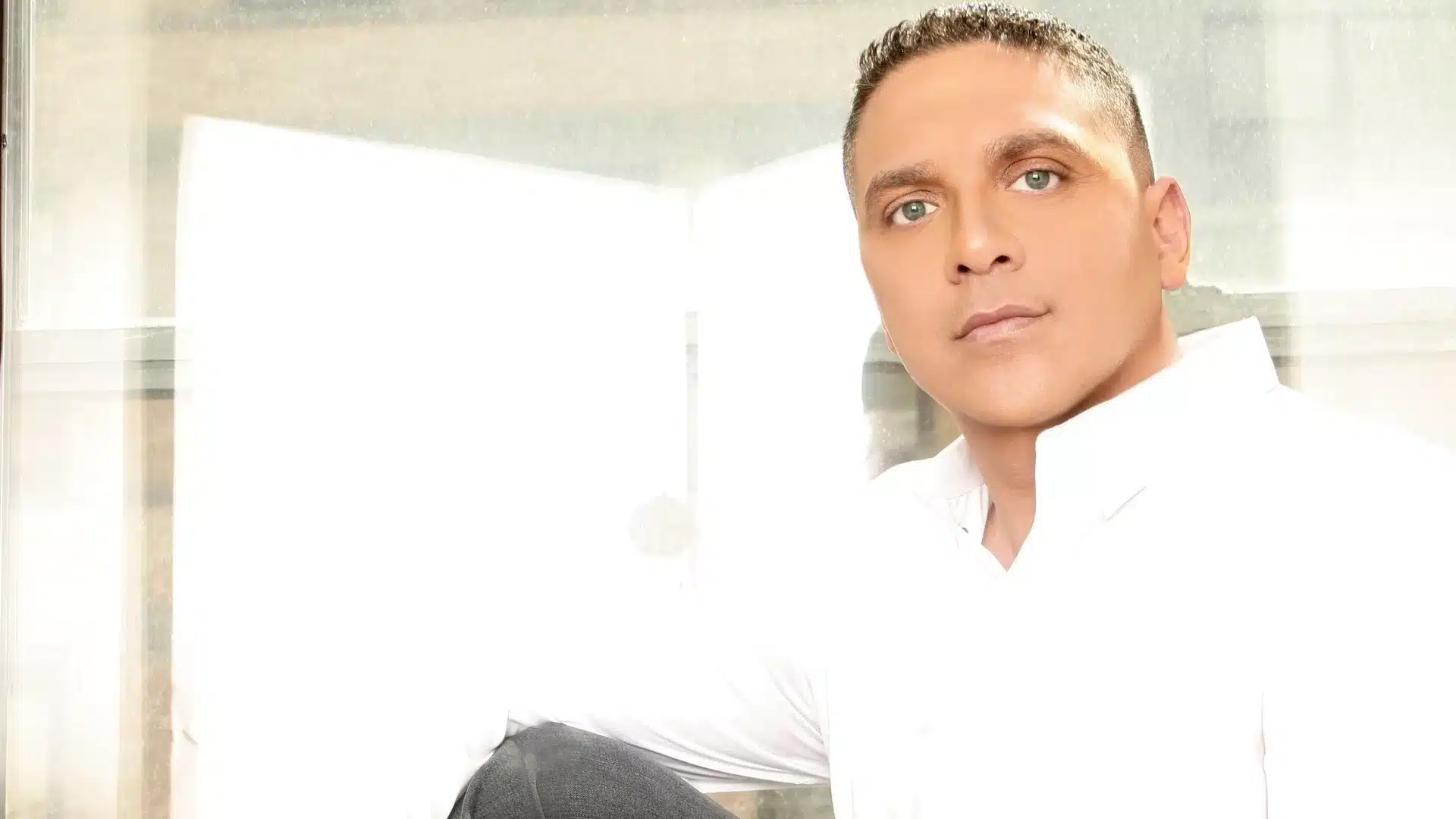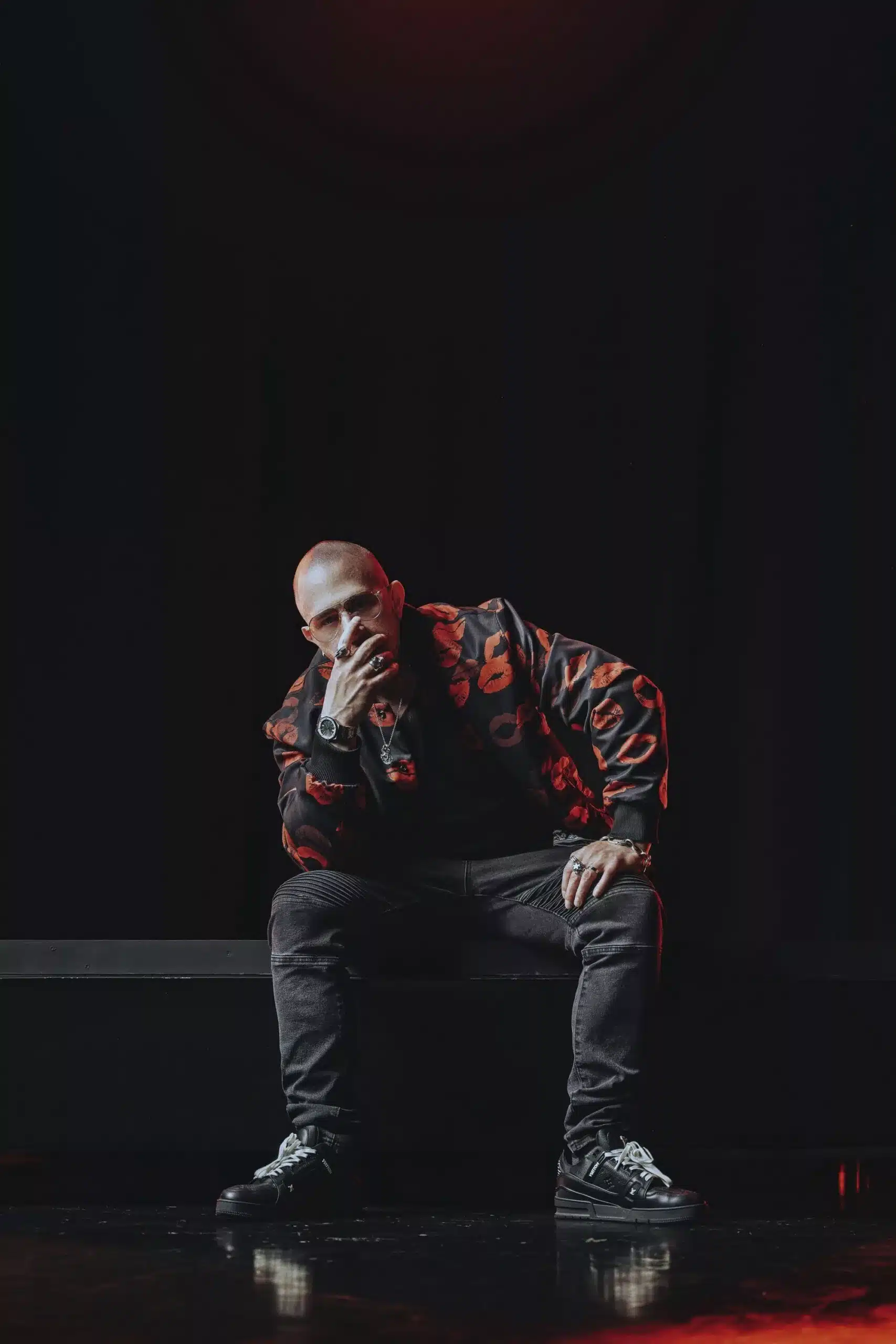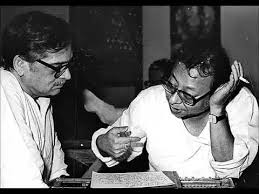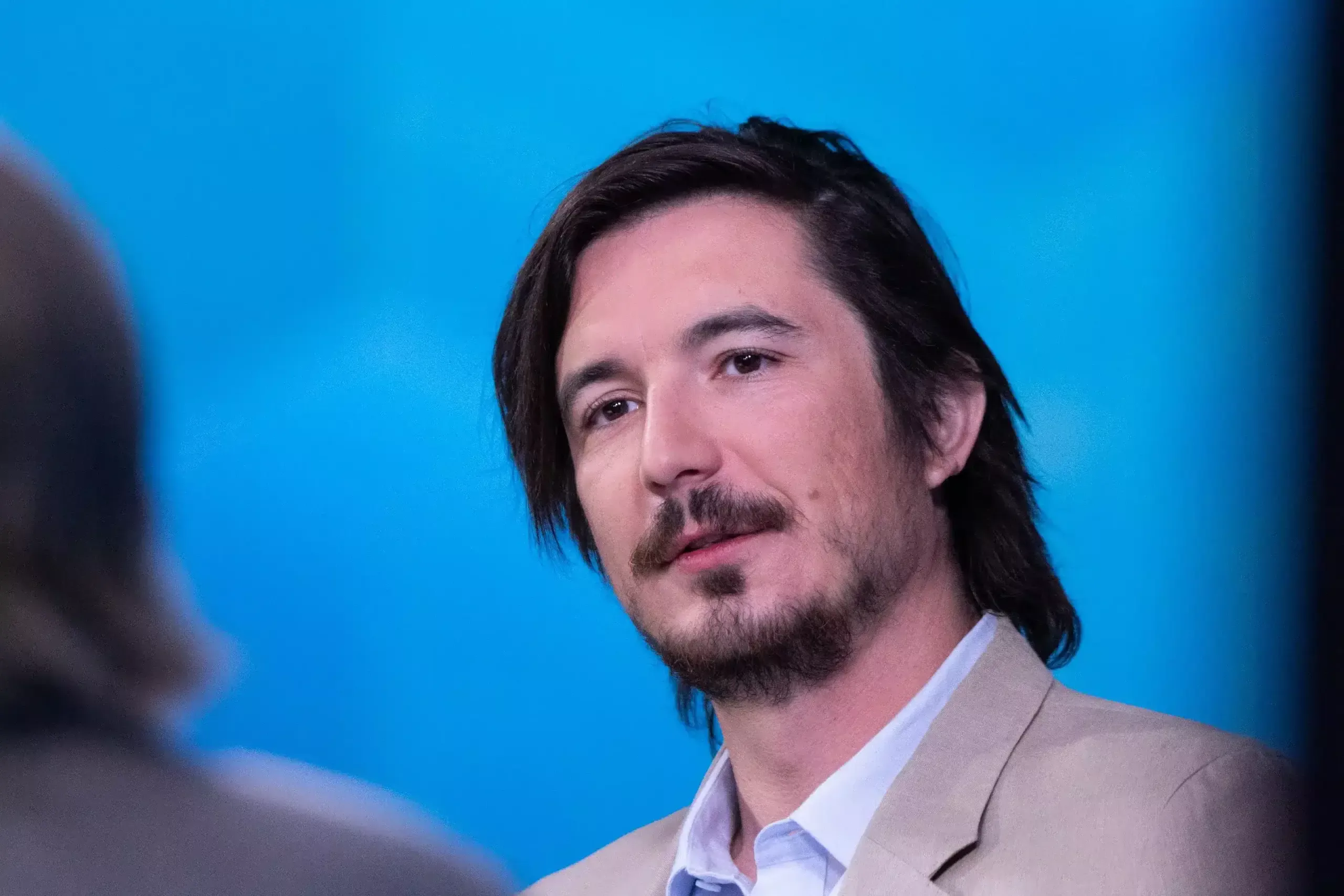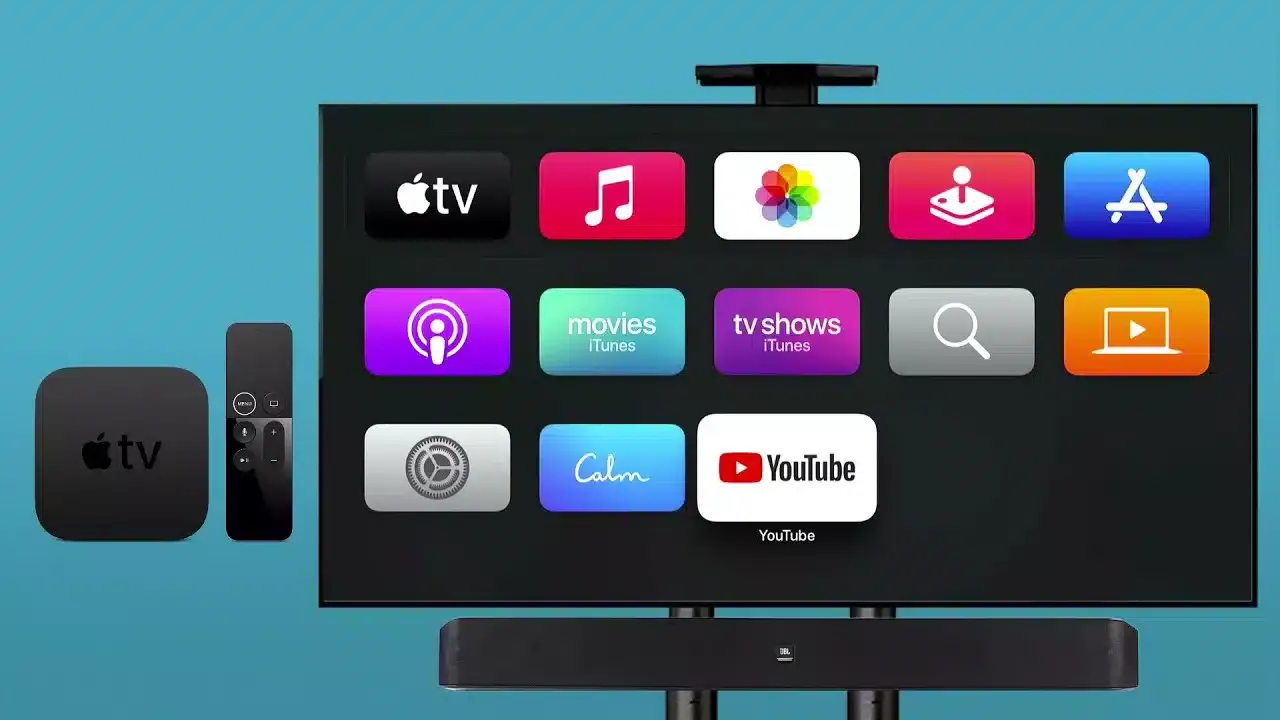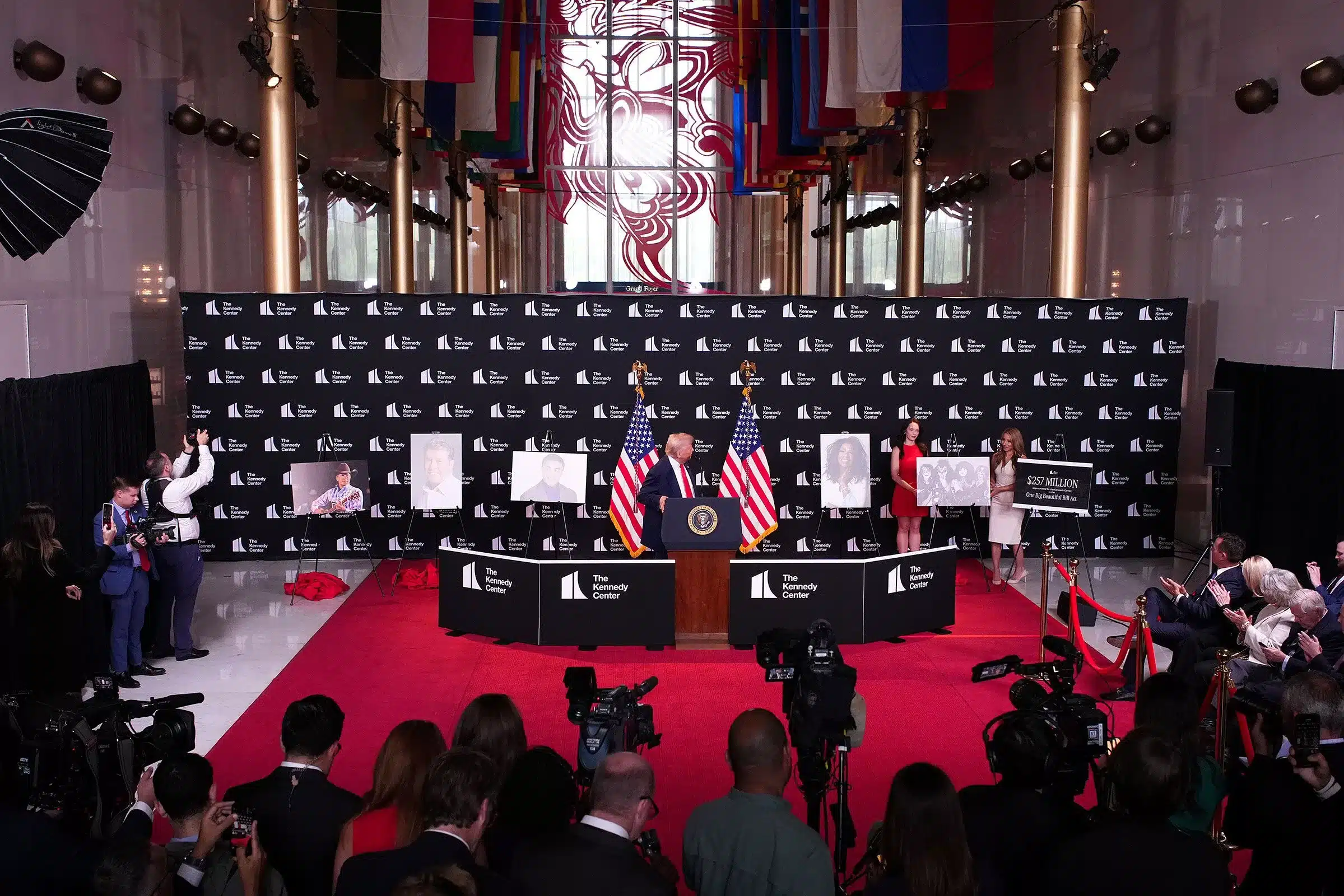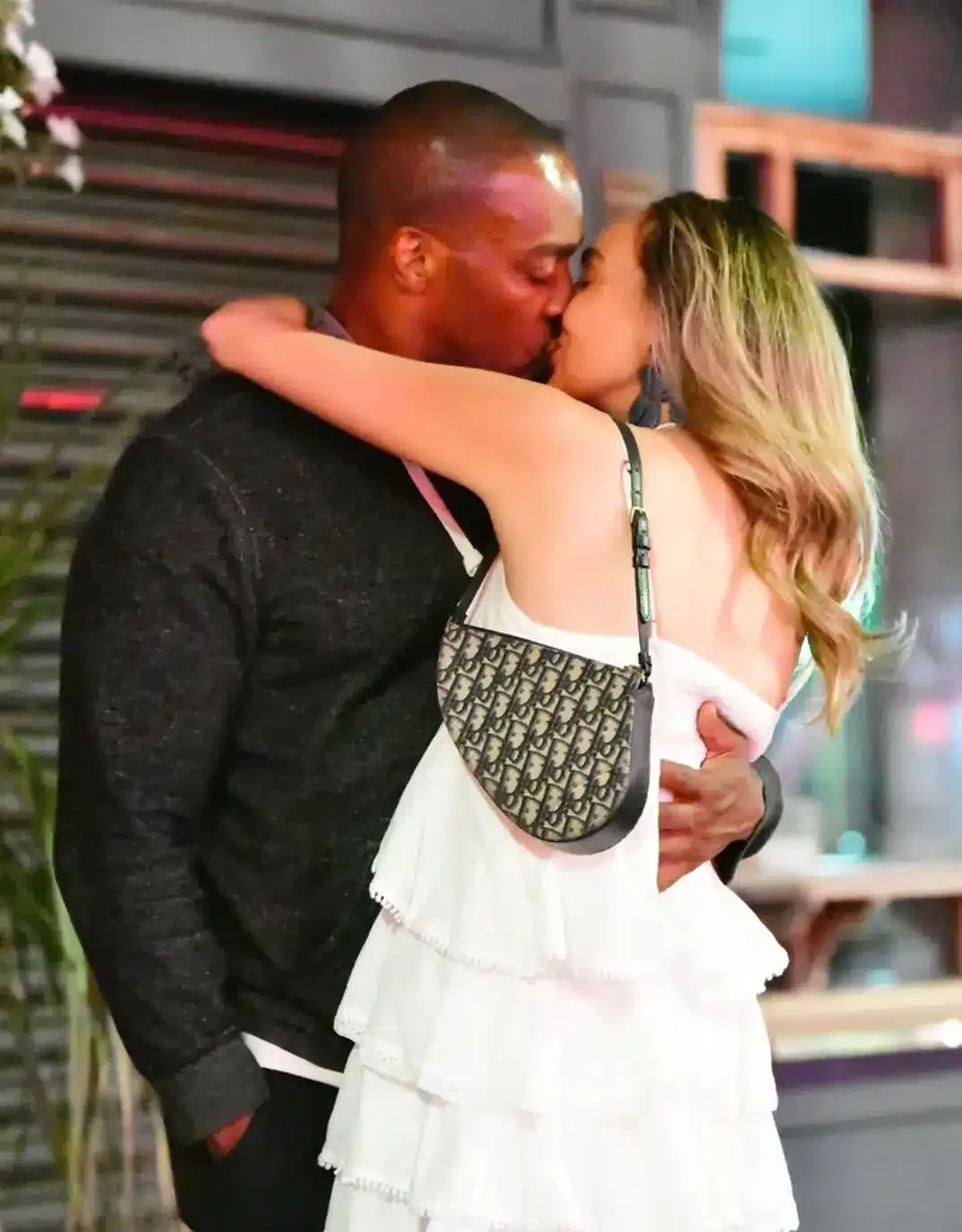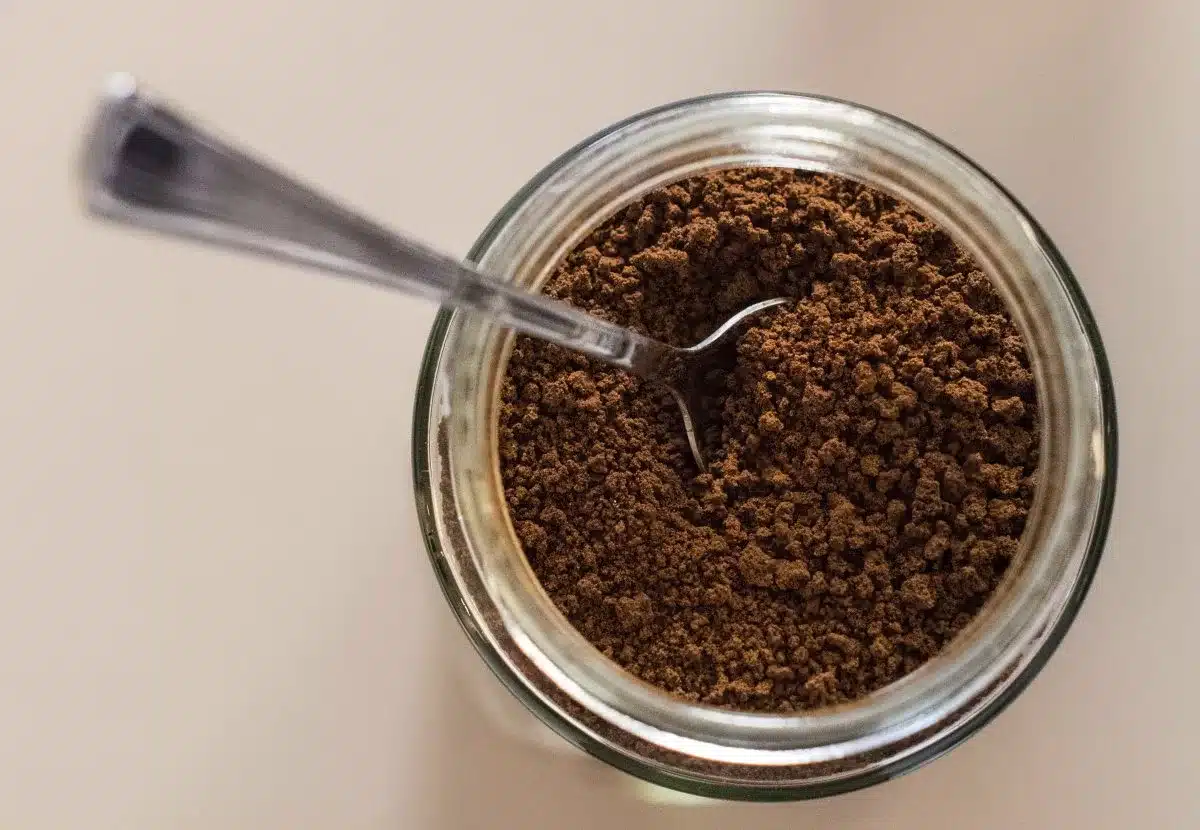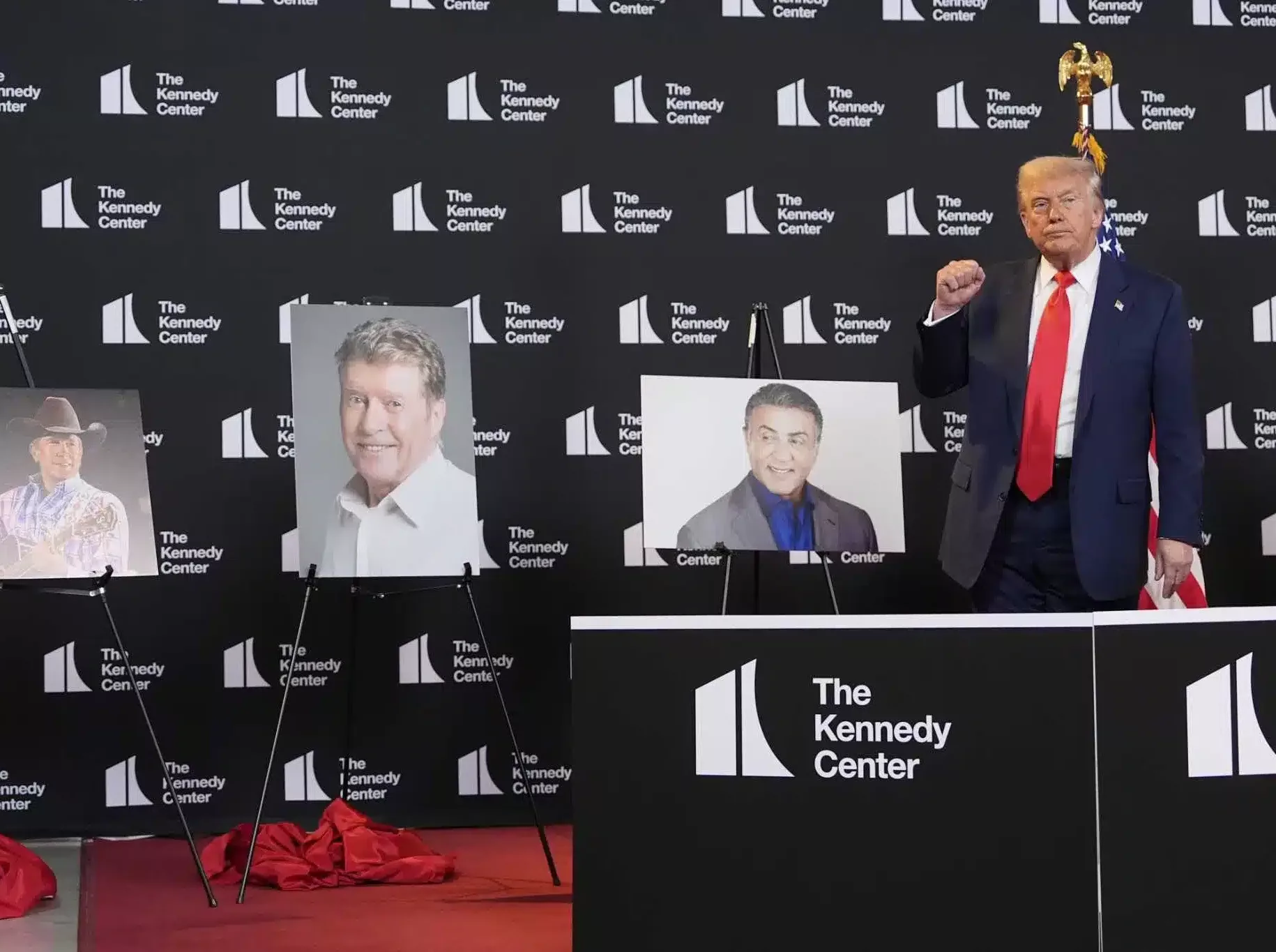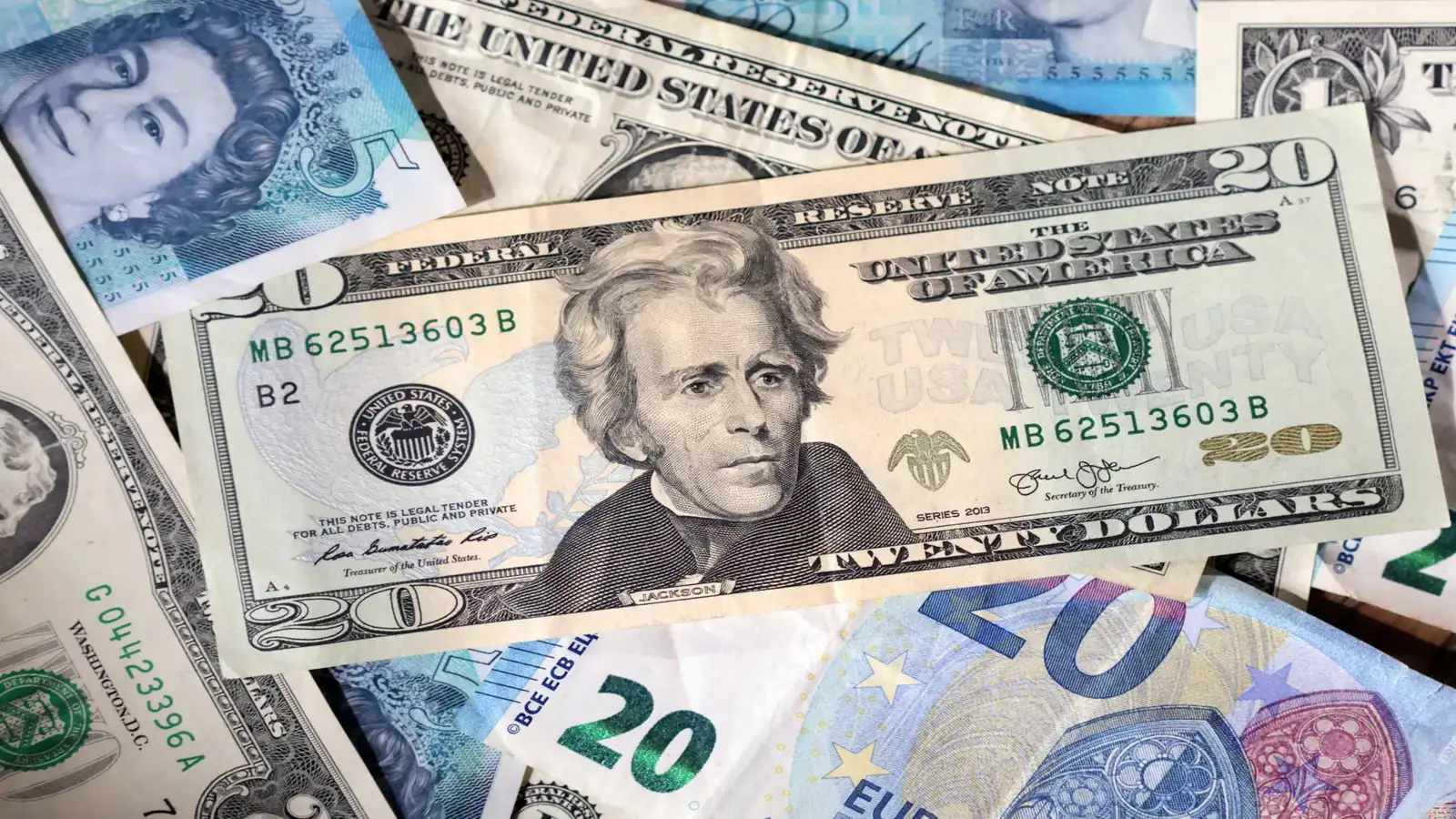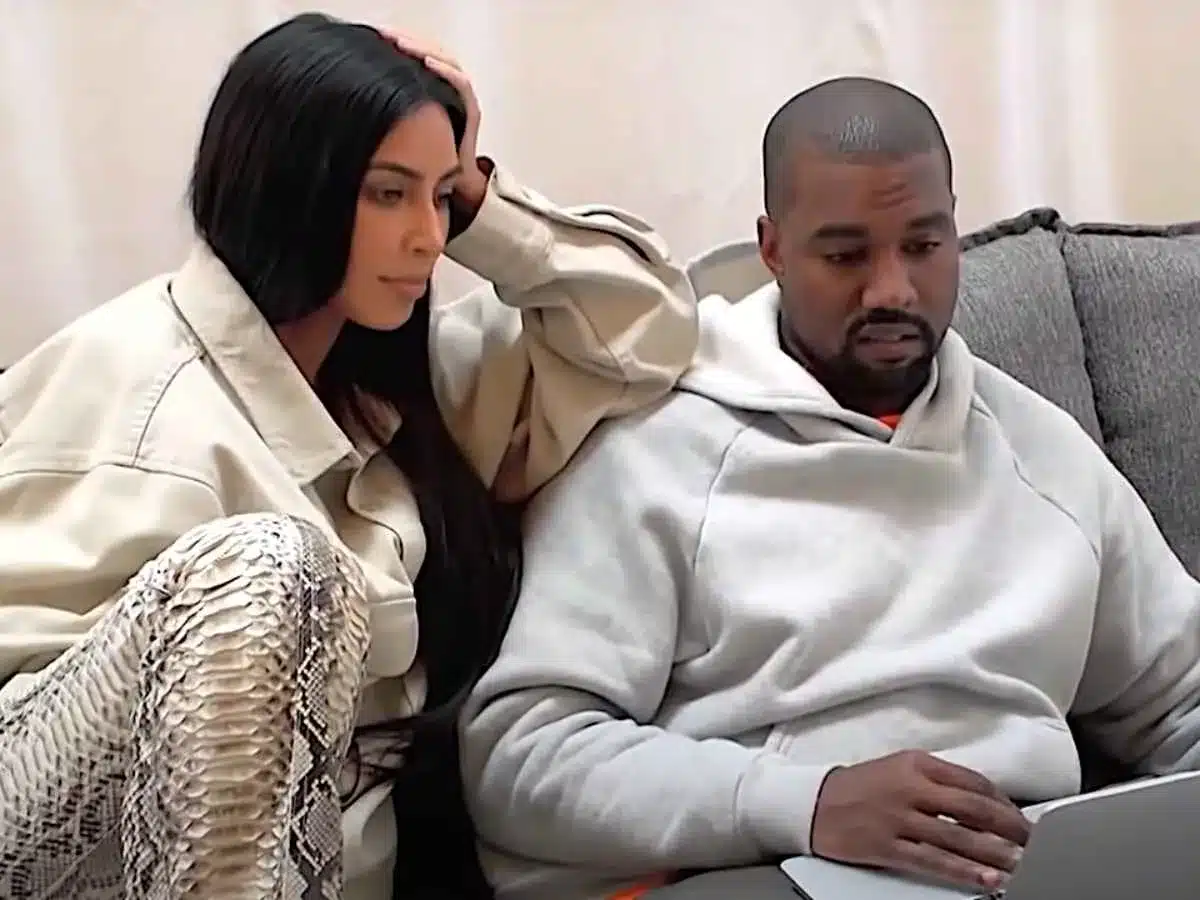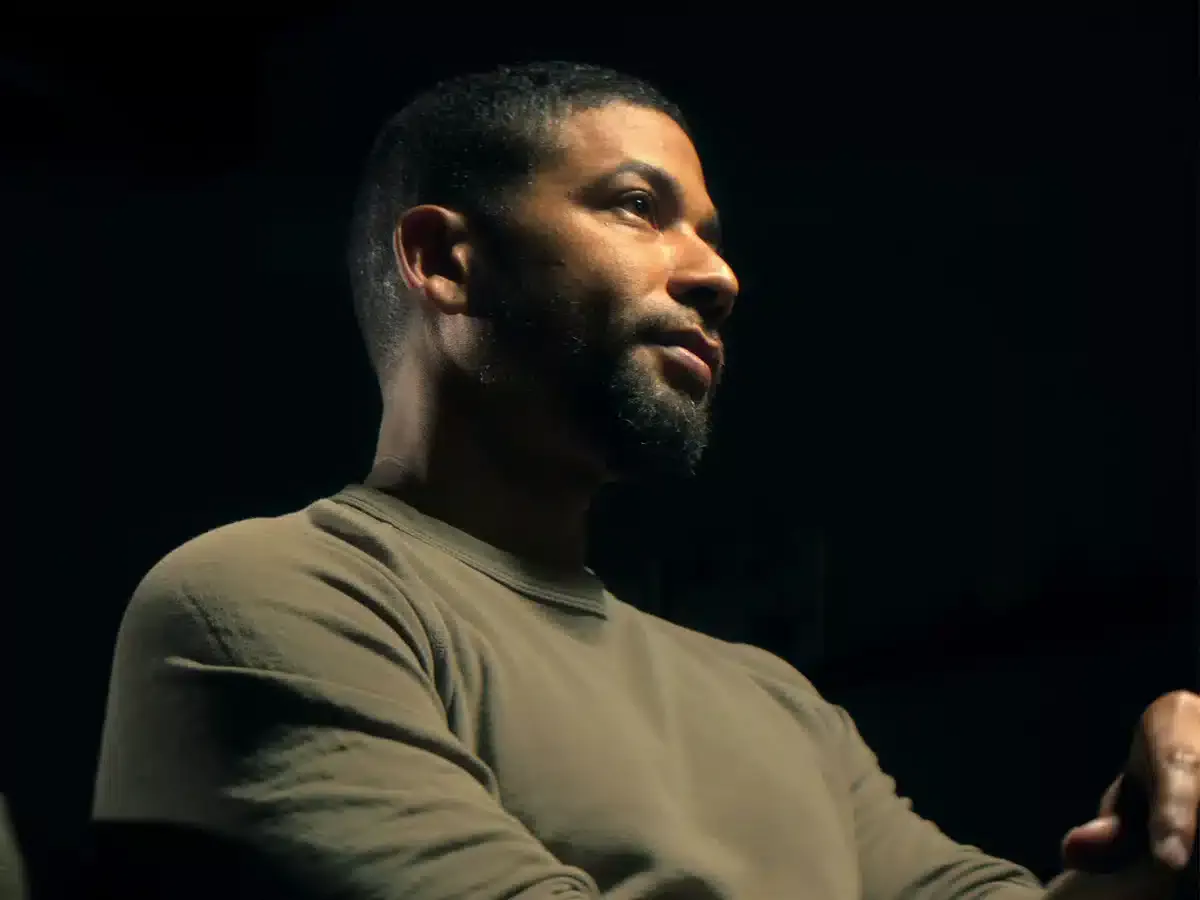
When news broke in January 2019 that Empire star Jussie Smollett had been the victim of a brutal hate crime in Chicago, the world reacted with shock and sympathy.
Reports claimed that two white men attacked him in the freezing night, hurled racial and homophobic slurs, doused him in bleach, and tied a noose around his neck while shouting “Maga country.” Even then-President Donald Trump called the alleged attack “horrible … it doesn’t get any worse.”
Fast-forward to today, and Smollett’s name is less tied to his acting career than to what many view as one of the most infamous hoaxes in recent pop culture history. That controversy is the subject of The Truth About Jussie Smollett?, a 90-minute documentary from the creators of The Tinder Swindler. The film revisits the scandal with promises of shocking revelations. Instead, it delivers a messy mix of speculation, half-baked conspiracy theories, and questionable voices of authority.
The documentary begins compellingly enough. Senior Chicago police officials recount their version of events, with then-superintendent Eddie Johnson highlighting details that never quite added up. For instance, Smollett had ventured out in sub-zero temperatures to buy a sandwich, a meal he was later seen carrying on CCTV, untouched after the supposed attack. From there, digital evidence, including Uber data, led investigators to brothers Abimbola (Bola) and Olabinjo (Ola) Osundairo, two aspiring actors of Nigerian heritage. They had flown to Nigeria shortly after the incident, only to be detained upon their return.
The brothers now speak on camera, with Bola describing himself as “an all-round great human being” and Ola appearing less comfortable. They allege that Smollett paid them to stage the attack in order to boost his profile as both an actor and activist. Smollett, interviewed throughout the film, denies this, claiming the payment was for herbal steroids, not a hoax plot.
The documentary also revisits Smollett’s legal saga. Initially written out of Empire, he struck a deal with Chicago authorities involving community service and bail forfeiture. Later, however, he faced trial, conviction, and jail time, only for his conviction to be overturned after a court ruled he had been tried twice for the same charges.
Unfortunately, The Truth About Jussie Smollett? does not stop where it should. Instead, it veers into sensational territory, giving its final act over to commentators Abigail Carr and Chelli Stanley. Neither has significant expertise on the case, yet the film leans heavily on their claims of a conspiracy against Smollett, suggesting Chicago police framed him. They cite eyewitnesses, grainy footage, and the department’s troubling history with racial issues. However, no convincing evidence supports their narrative, and linking Johnson’s unrelated misconduct firing to the case feels tenuous at best.
Adding to the confusion, the documentary closes with the Osundairos promoting a tell-all book. The implication is that they, too, profited from their infamy. Yet, given the film’s own sensationalism, it feels hypocritical to cast judgment.
Ultimately, The Truth About Jussie Smollett? is bold in presentation but thin on substance. What could have been a nuanced look at celebrity, media frenzy, and systemic issues instead devolves into irresponsible television, more interested in shock value than clarity.




